Introduction to Rare Phenomena in Chess
Chess, a game with an illustrious history spanning over centuries, comprises not only strategy and skill but also a share of uniquely rare occurrences. These phenomena, characterized by their infrequency and often the bewildering awe they spur, underscore the depth and complexity of the game. Chess enthusiasts and professional players alike value these rare instances for their novelty and the intriguing challenges they present. This article delves into some of the rarest phenomena in the realm of chess, exploring their nature, historical occurrences, and the reasons behind their rarity.
What Makes a Chess Phenomenon Rare?
Several factors contribute to the rarity of certain events in chess. These include the vast number of possible game positions — a number larger than the estimated atoms in the observable universe — and the strategic preferences of players who typically lean towards tried-and-tested moves. Rarity can also stem from the complexities inherent in achieving certain positions or sequences, which require a precise and often unorthodox convergence of circumstances and decisions.
Statistical Rarity
Certain sequences and positions occur rarely purely based on their statistical improbability calculated through chess databases and the historical record of recorded games. These events defy common patterns and are often surprise even seasoned players.
Complexity and Skill Level
Many rare chess phenomena require extremely high levels of skill and understanding to be executed or fully appreciated. Only the most skilled and knowledgeable players can orchestrate or even recognize the opportunity for these unique moments.
Rare Phenomena in Chess
From curious happenings to almost mythical feats, these rare events enrich the narrative of chess, presenting scenarios that push the boundaries of what is believed to be possible in the game.
Triple Pawns
Triple pawns are a formation where three pawns of the same color are aligned vertically on the same file. This setup is generally considered disadvantageous due to their inability to protect each other, making them easy targets for attack. The formation is rare not only because it is unfavorable but also because achieving it typically involves a series of poor moves or specific sacrifices for greater strategic gain. Such a pawn structure is seldom seen in high-level chess because players avoid creating weaknesses in their pawn structure.
Blind-King Checkmates
Incredibly uncommon are the situations where a checkmate is delivered by a king, typically the least aggressive piece owing to its vulnerability. Usually, kings act defensively rather than offensively. However, in extremely rare endgame scenarios, a king may deliver checkmate, often when the opposing king is highly restricted and all escape squares are covered. Blind-King checkmates challenge conventional understanding and showcase the depth of strategic possibilities in chess.
Underpromotion to a Knight
Underpromotion occurs when a pawn reaches the opposite end of the chessboard and is promoted to a piece other than a queen. A knight is often chosen for underpromotion to create a check situation that a queen could not, or to avoid a stalemate that a queen might accidentally cause. This phenomenon is exceedingly rare because the queen, being the most powerful piece, is almost invariably the optimal choice. Tactical necessity dictates these extraordinary circumstances, making them a delight for chess aficionados to witness.
Double Check involving Castling
One of the most striking check maneuvers is a double check involving castling. This rare event occurs during the castling move, where the rook and king, simultaneously escaping threat, place the opposing king in check. The rarity of this phenomenon is due to the specific positioning required and the fact that castling opportunities typically disappear before such a unique condition can arise.
Queen Sacrifice for Mate in 2
Queen sacrifices are compelling and dramatic, often turning the tide of the game. A queen sacrifice designed to lead directly to checkmate within two moves is especially rare, blending psychological daring and precise calculation. This tactic involves setting up an unavoidable mate sequence, using the most valuable piece (aside from the king) as bait. Such sacrifices typically occur at the highest levels of chess, where players’ deep tactical awareness and understanding of their opponents' potential responses allow them to execute these spectacular maneuvers.
Historical Examples of Rare Chess Phenomena
To further appreciate these rarities, a look into historical examples provides insight into their practical applications and the brilliance behind them.
Réti's King March
In 1924, Richard Réti showcased one of the most stunning examples of endgame strategy against Savielly Tartakower in a game that unfolded in New York. Réti’s king, in a pure king and pawn endgame, demonstrated extraordinary mobility and strategic foresight, marching from one end of the board to the other to secure a decisive position. This game not only highlighted the power of the king in endgames but also challenged traditional notions regarding the capabilities of the king.
Kasparov's Immortal
In 1999, Garry Kasparov played a game that would be hailed as one of the greatest examples of attacking chess against Veselin Topalov. This game was marked by Kasparov's queen sacrifice, which paved the way for a startling and beautiful victory via a deep and convoluted combination that left spectators and analysts in awe. The game brilliantly reflects how high-risk, high-reward strategies can manifest in chess, resulting in historically memorable performances.
Conclusion
The rarest phenomena in chess provide a window into the virtually infinite possibilities that arise from the game's simple rules. They highlight not just masterful gameplay but also the beauty and creativity that chess affords. While rare, these phenomena accentuate the evolutionary nature of chess strategy and continue to inspire both new and seasoned players around the globe.
Explore our large collection of luxurious chess sets!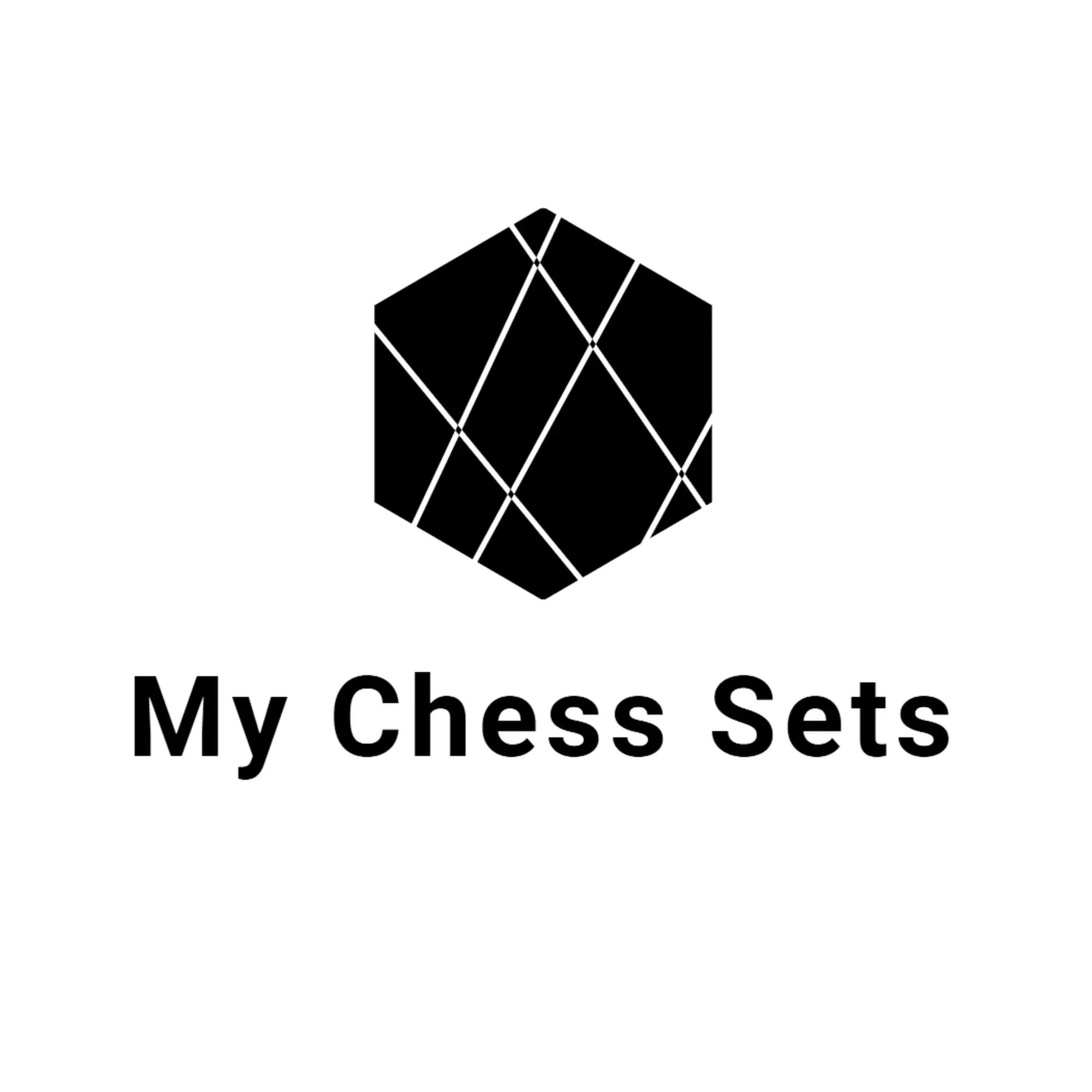

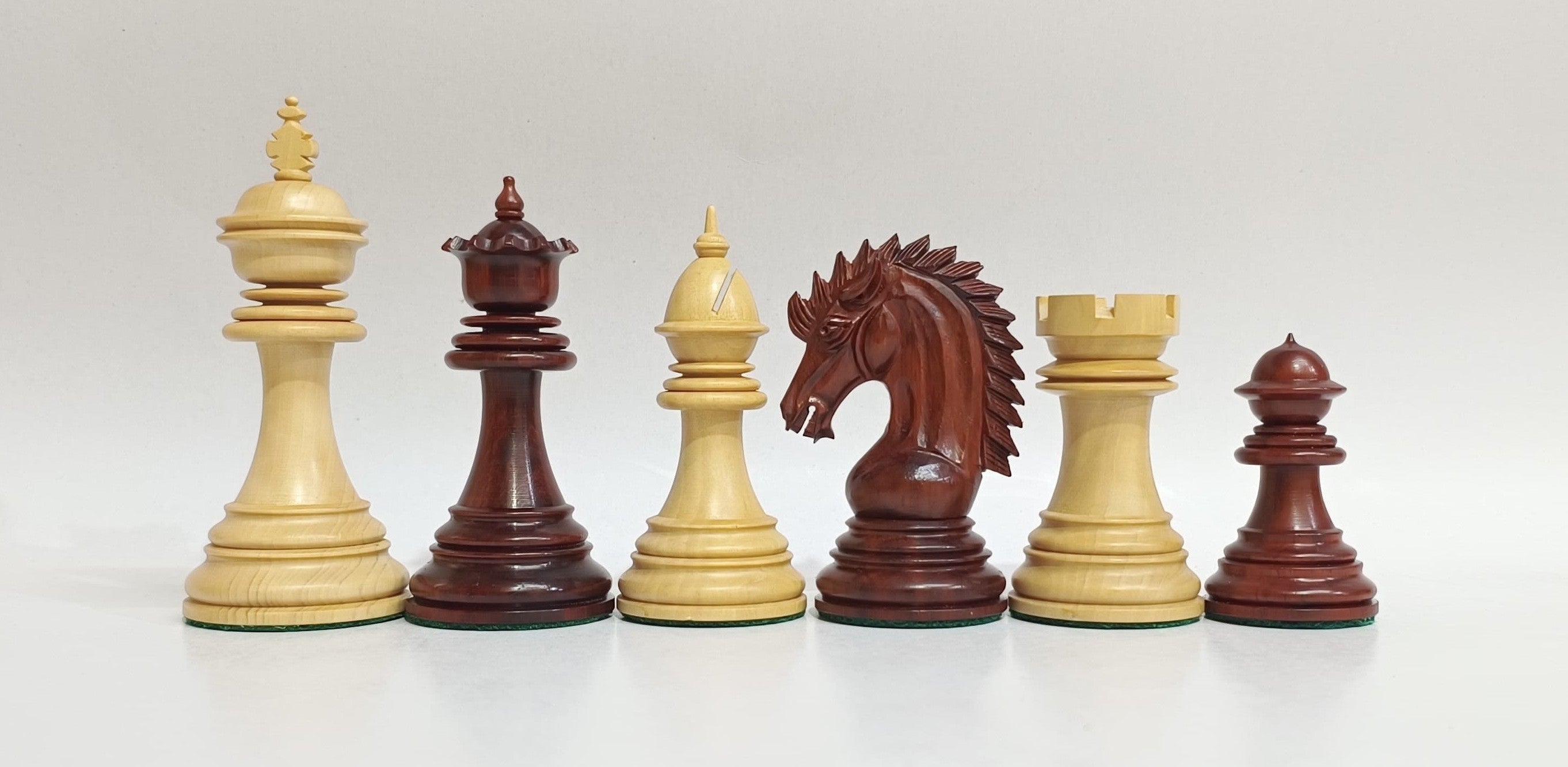
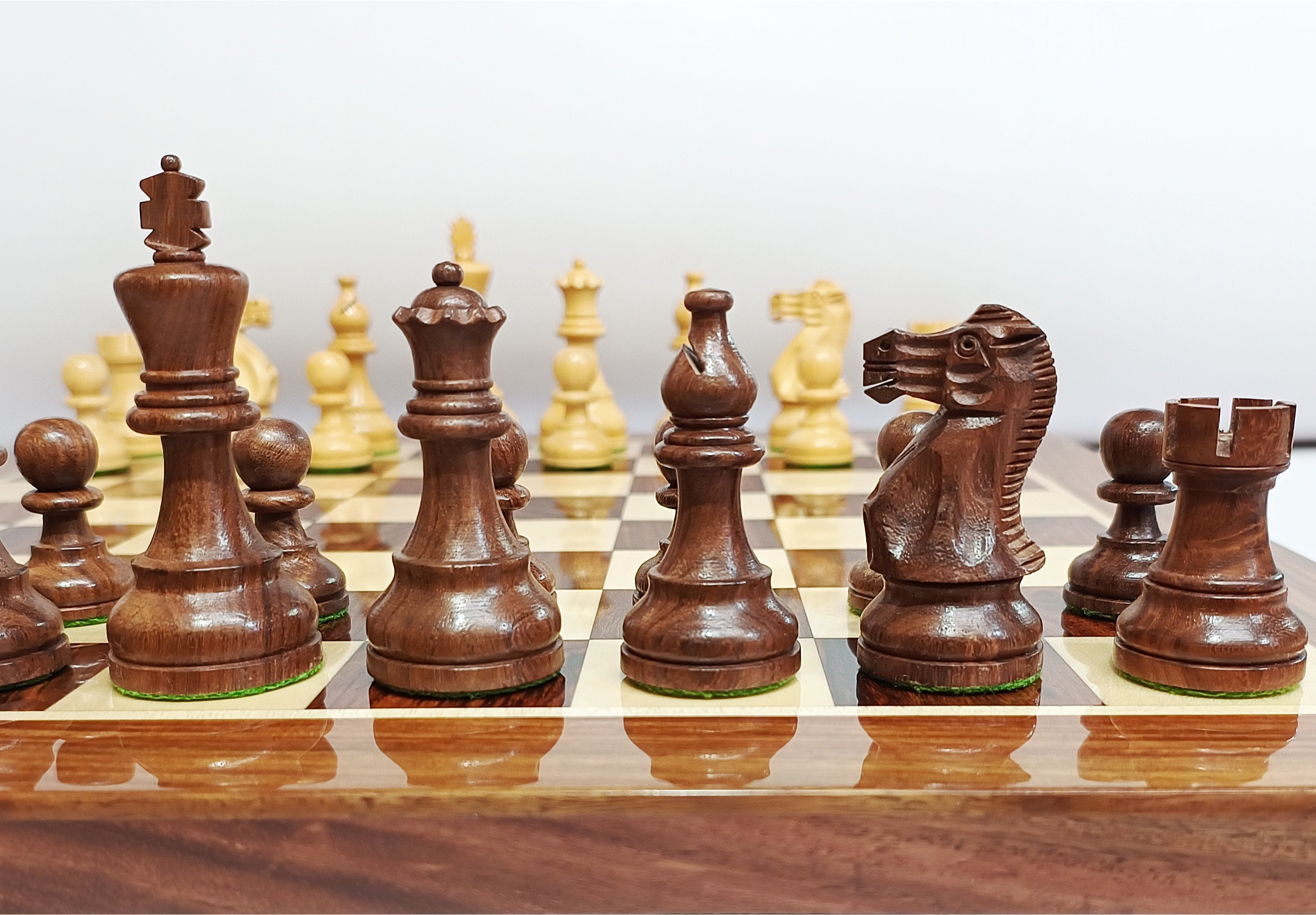
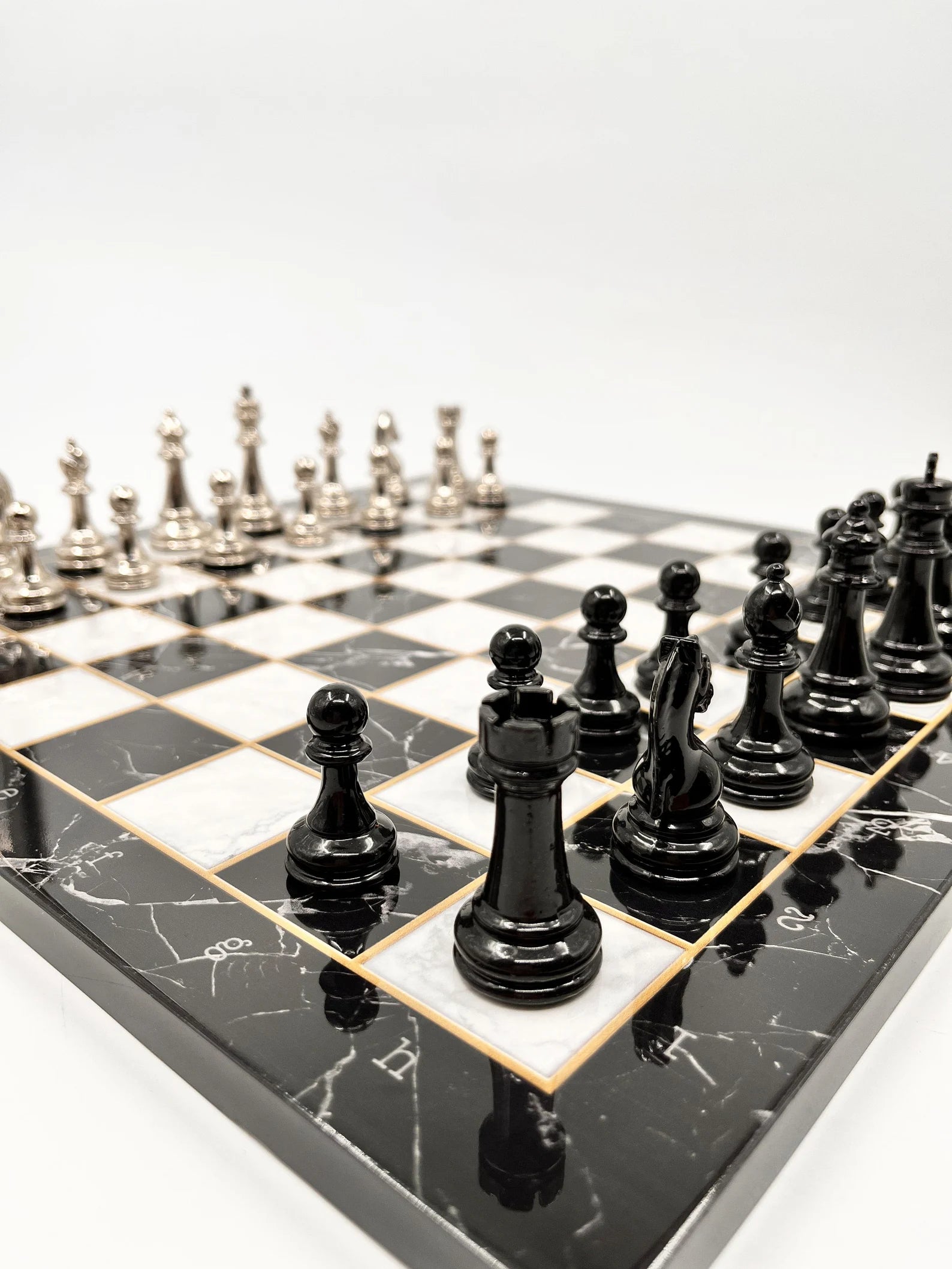
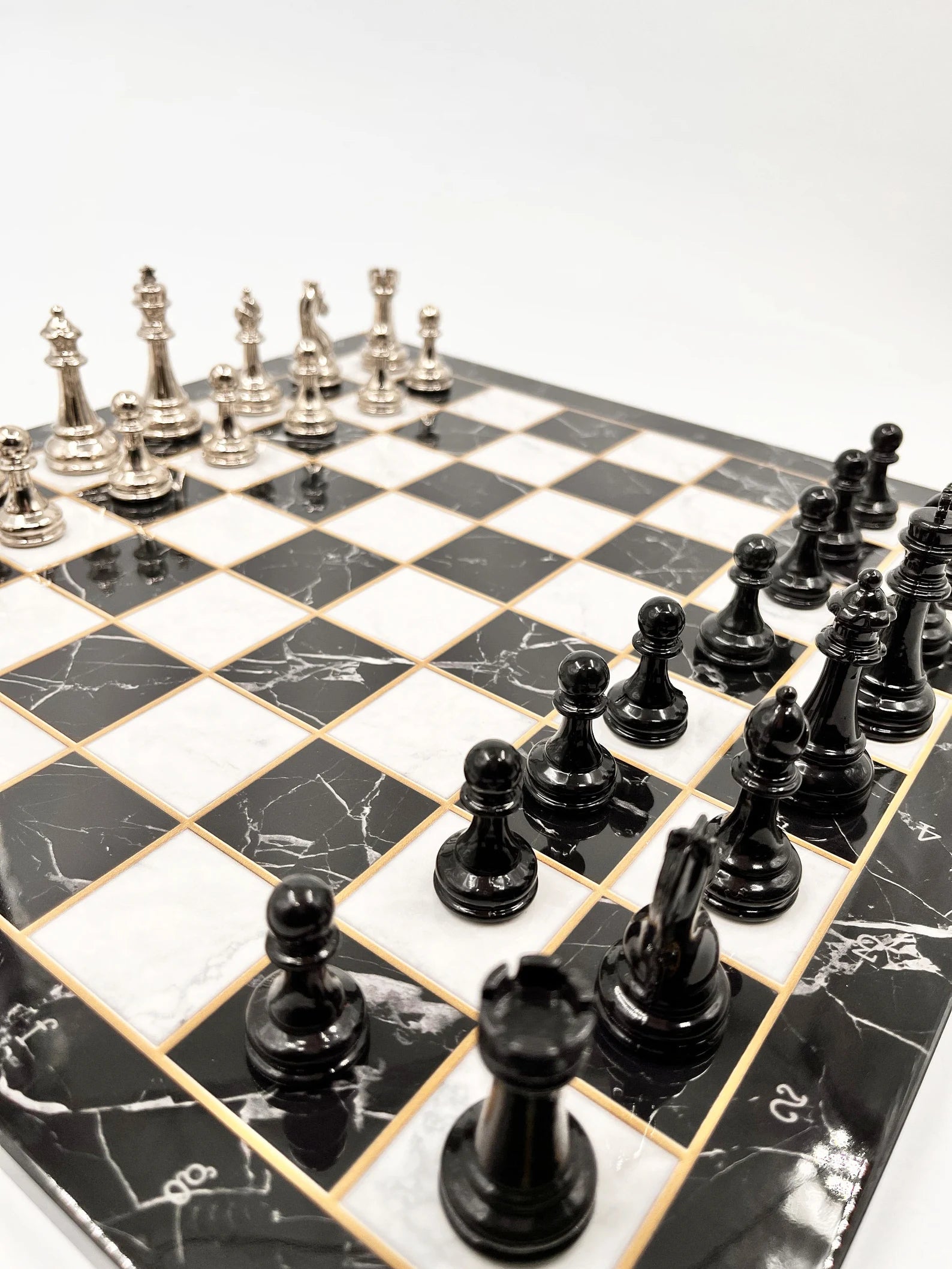
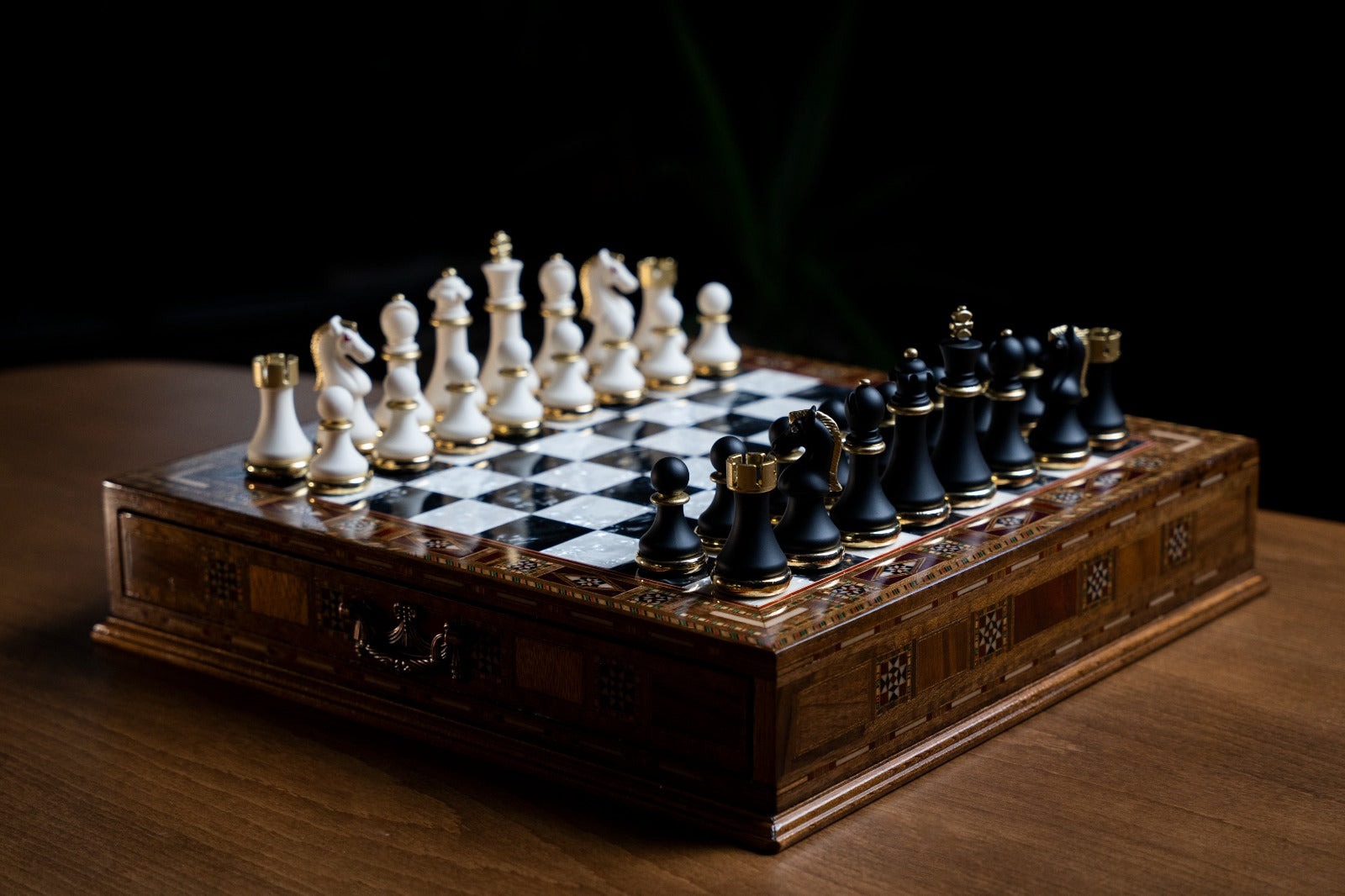
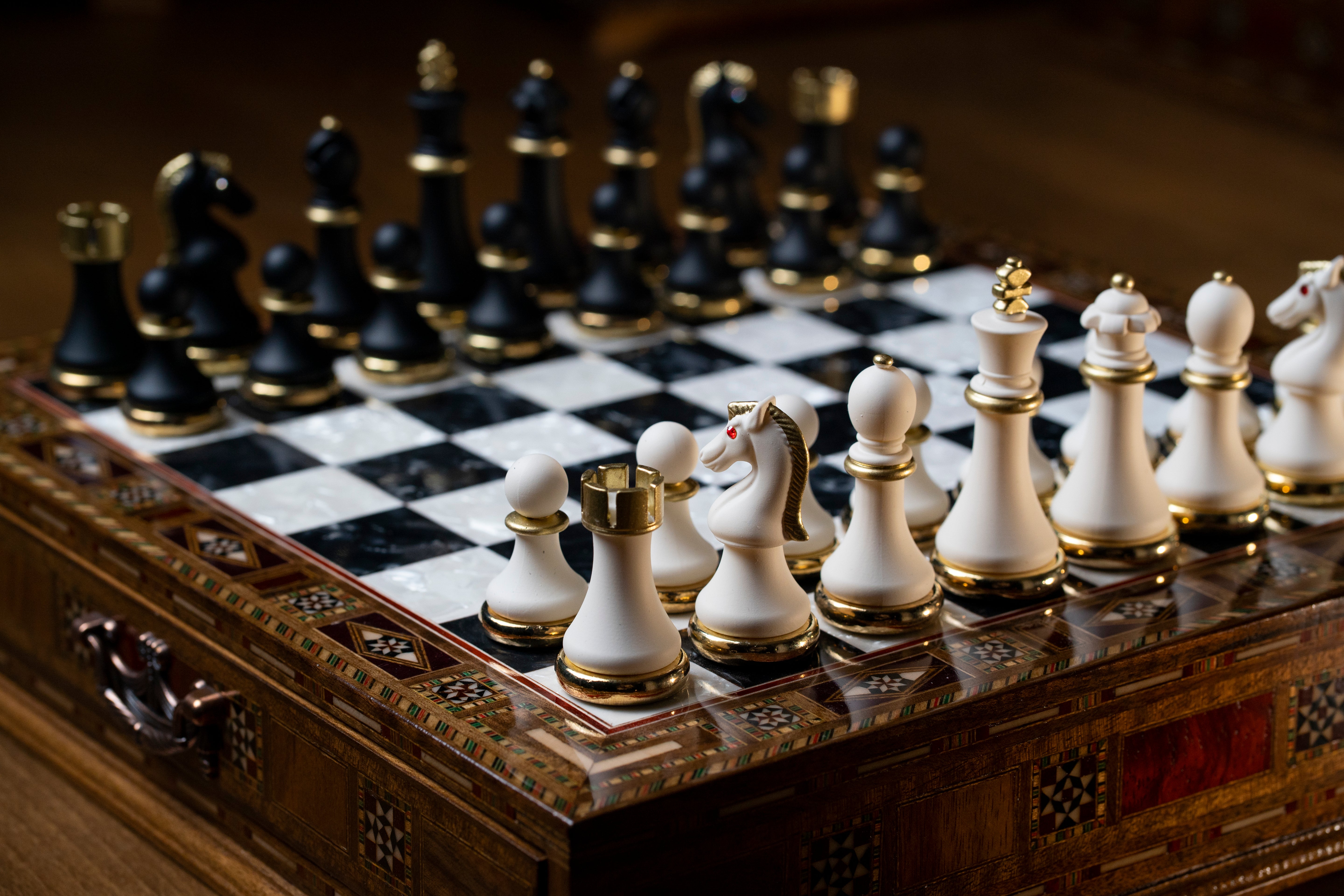
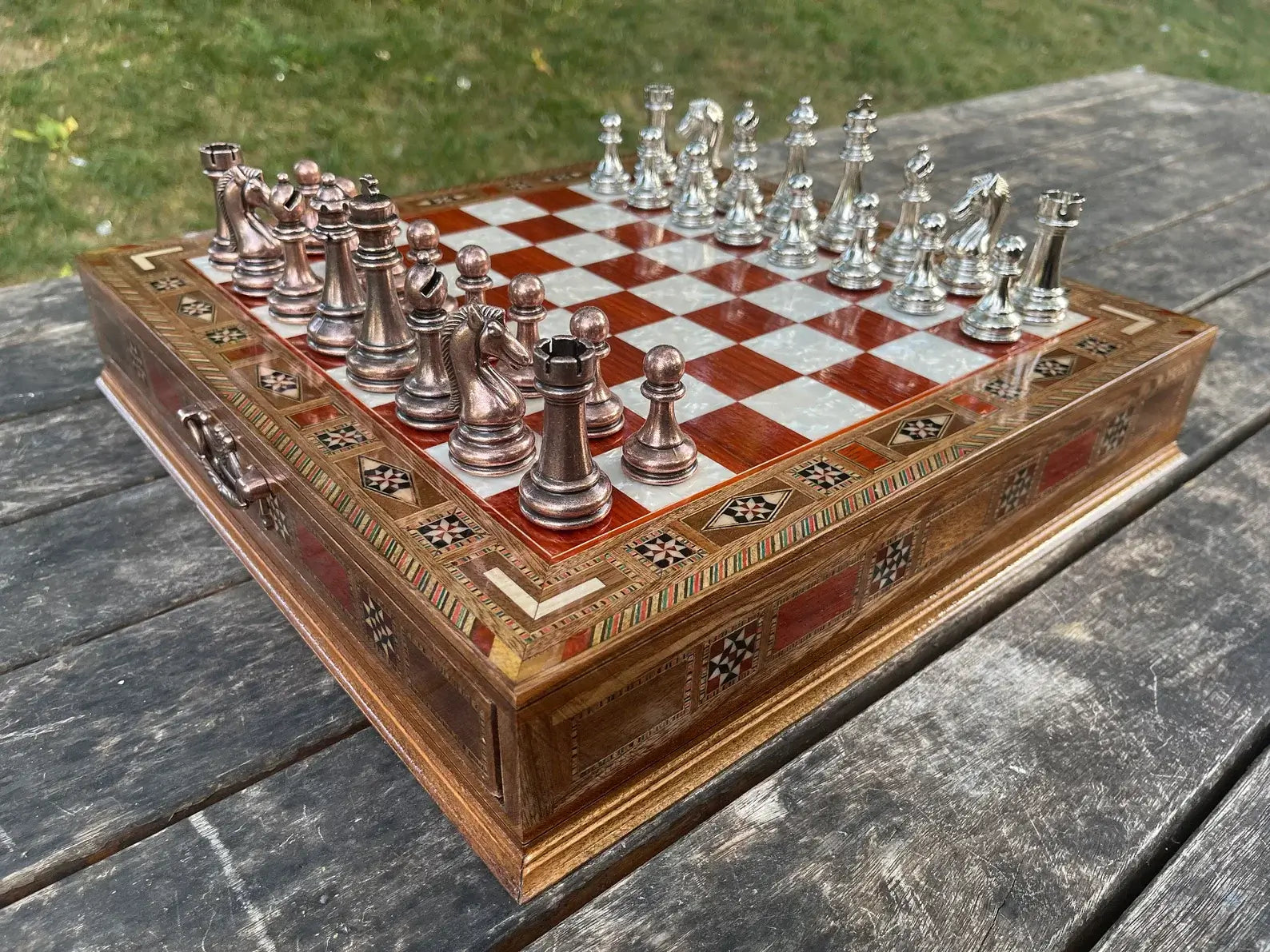
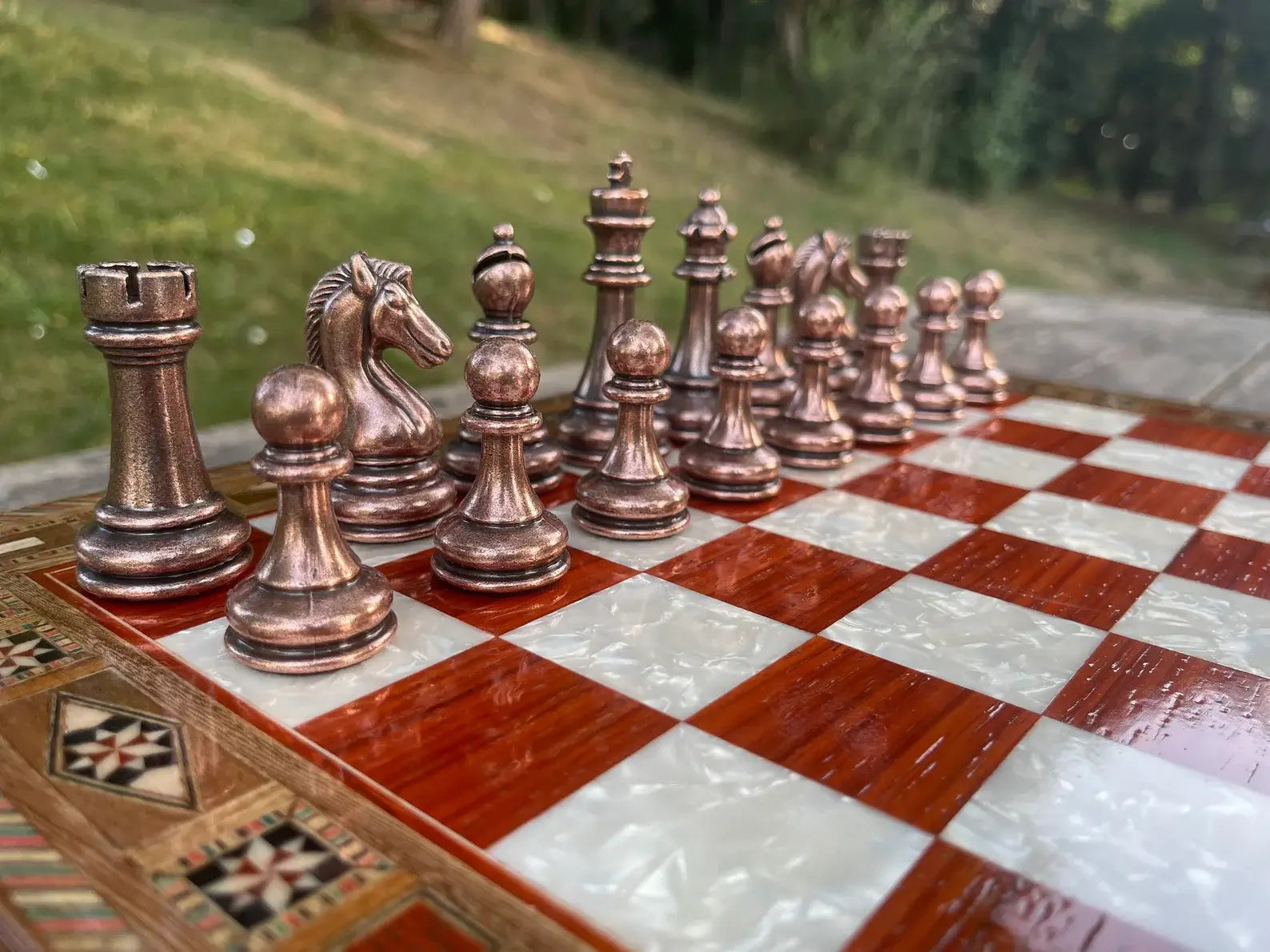
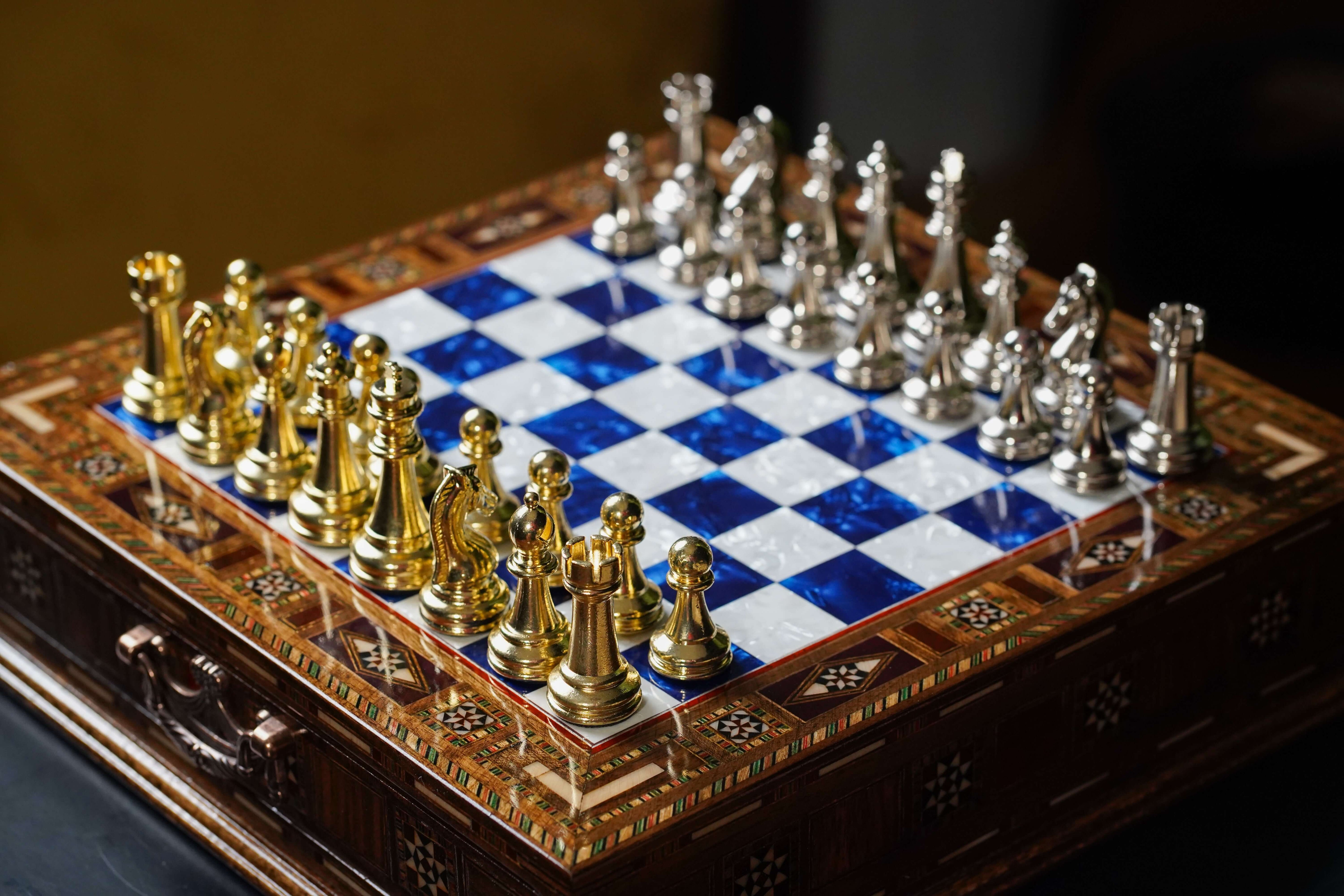
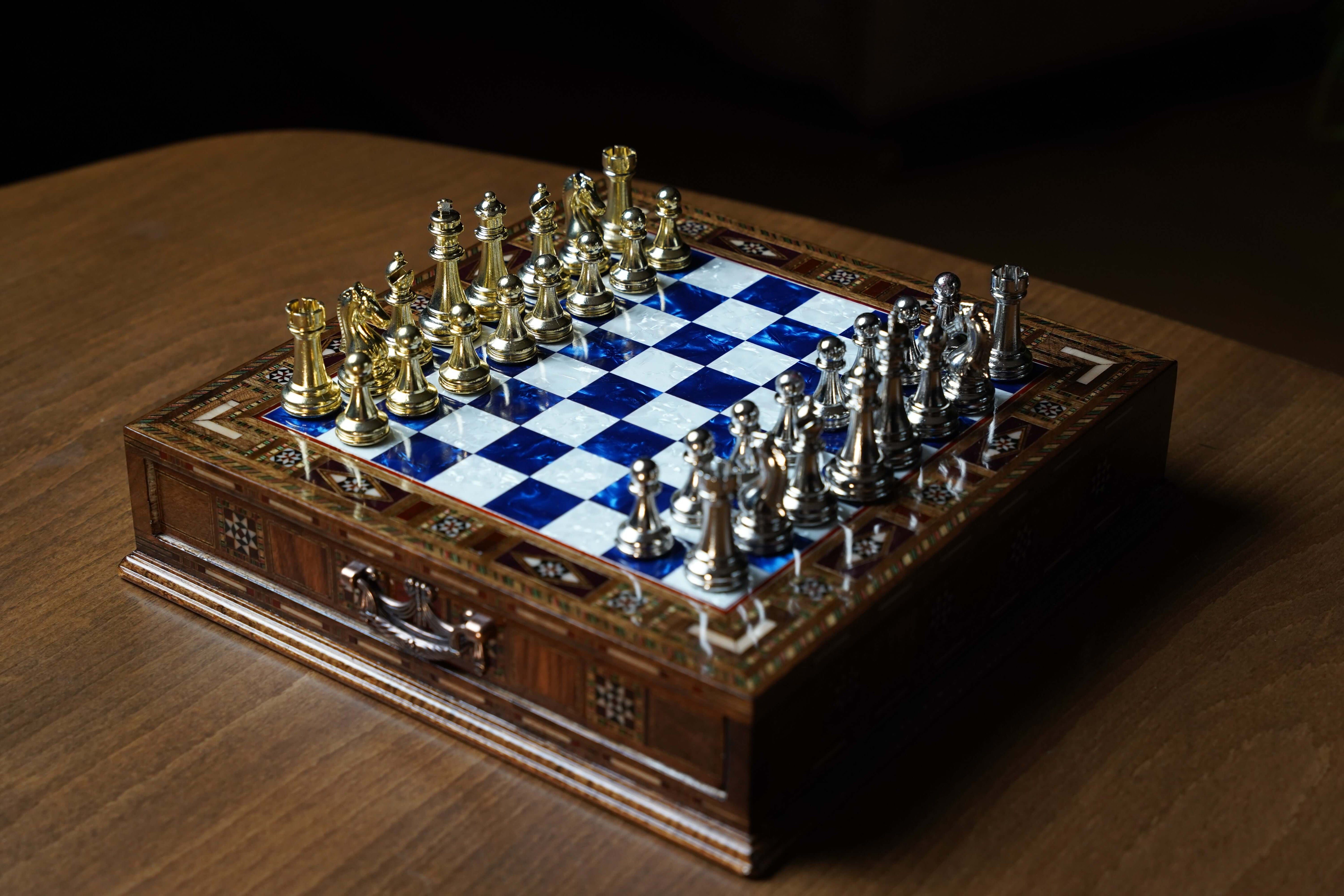
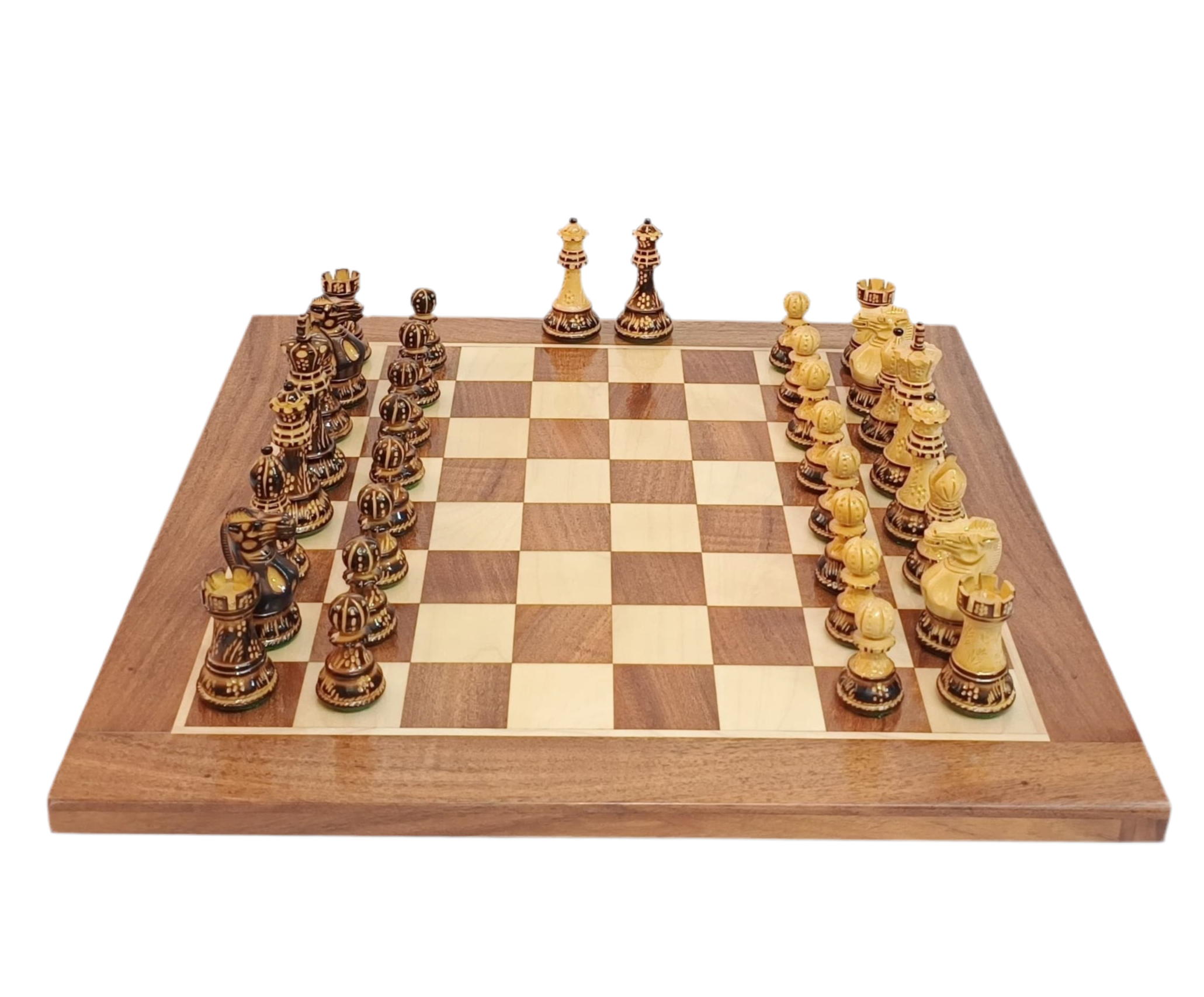
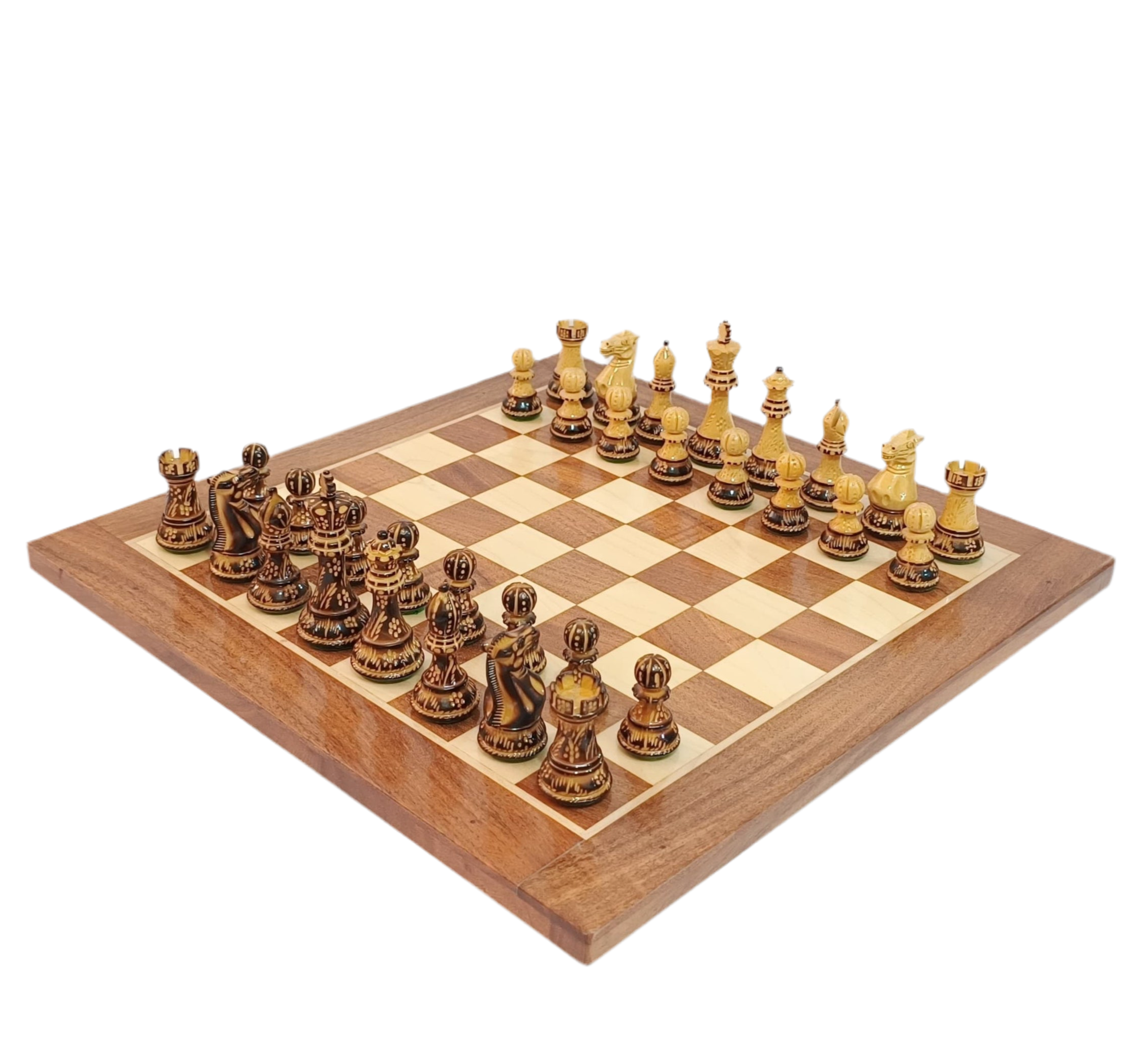
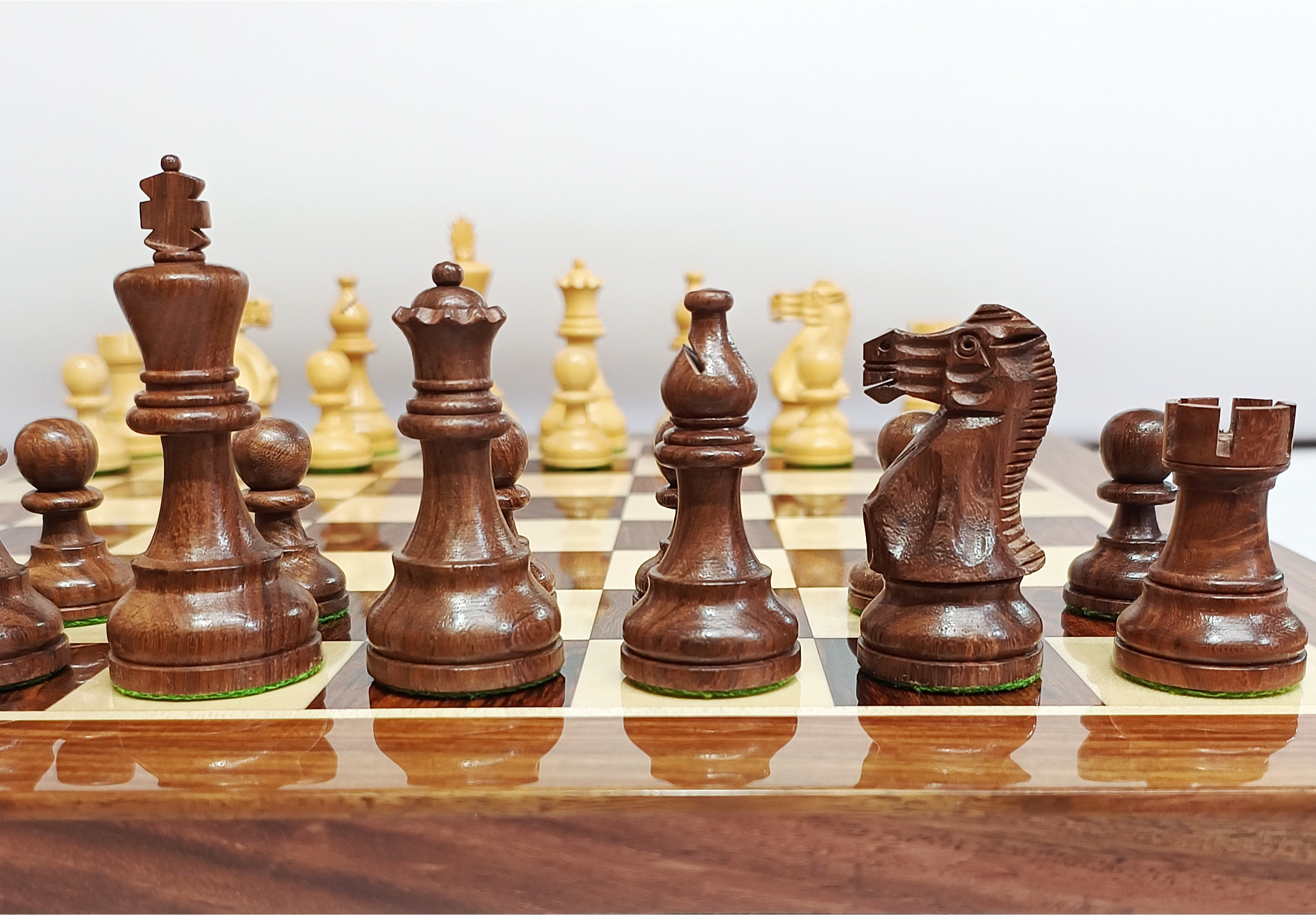
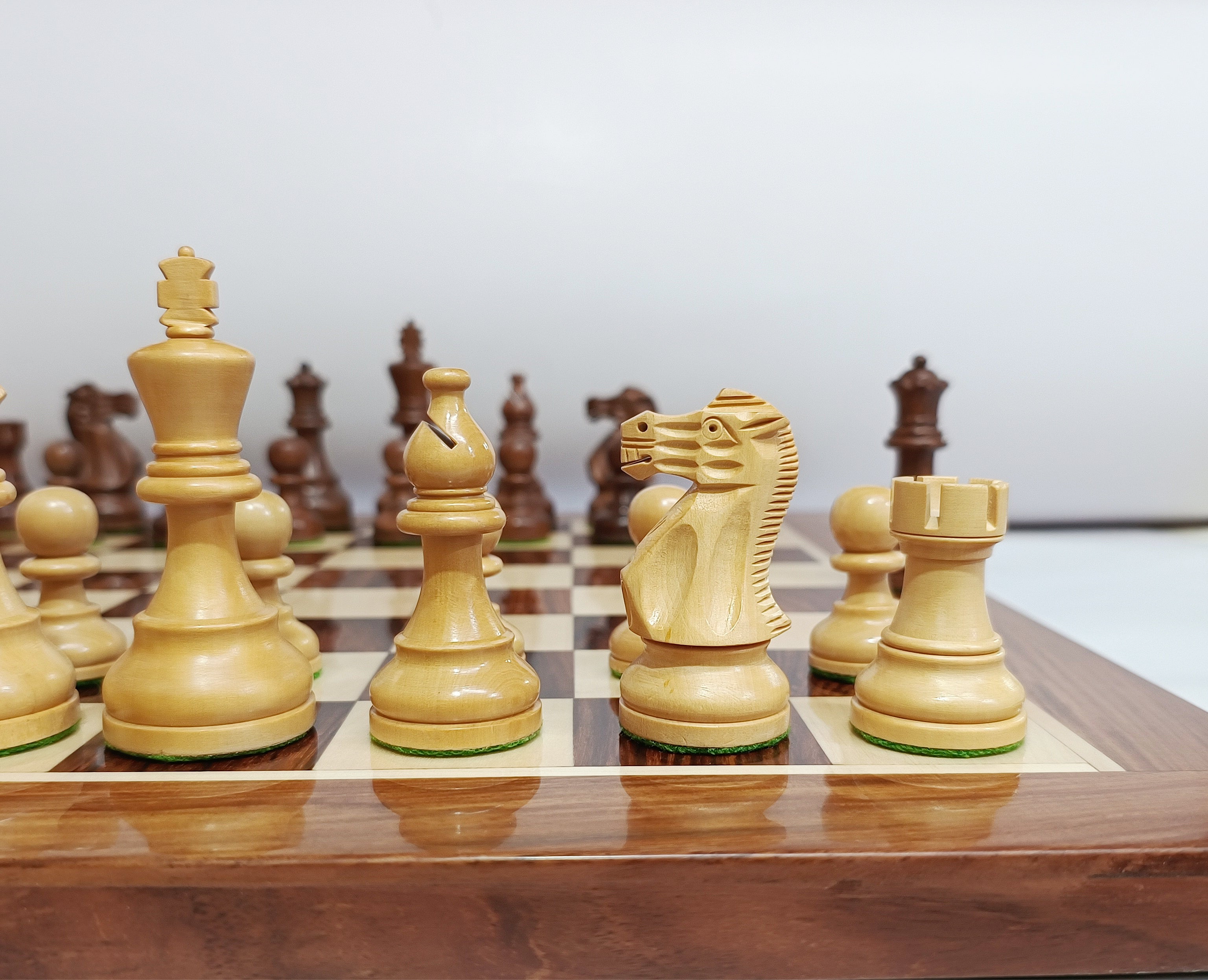
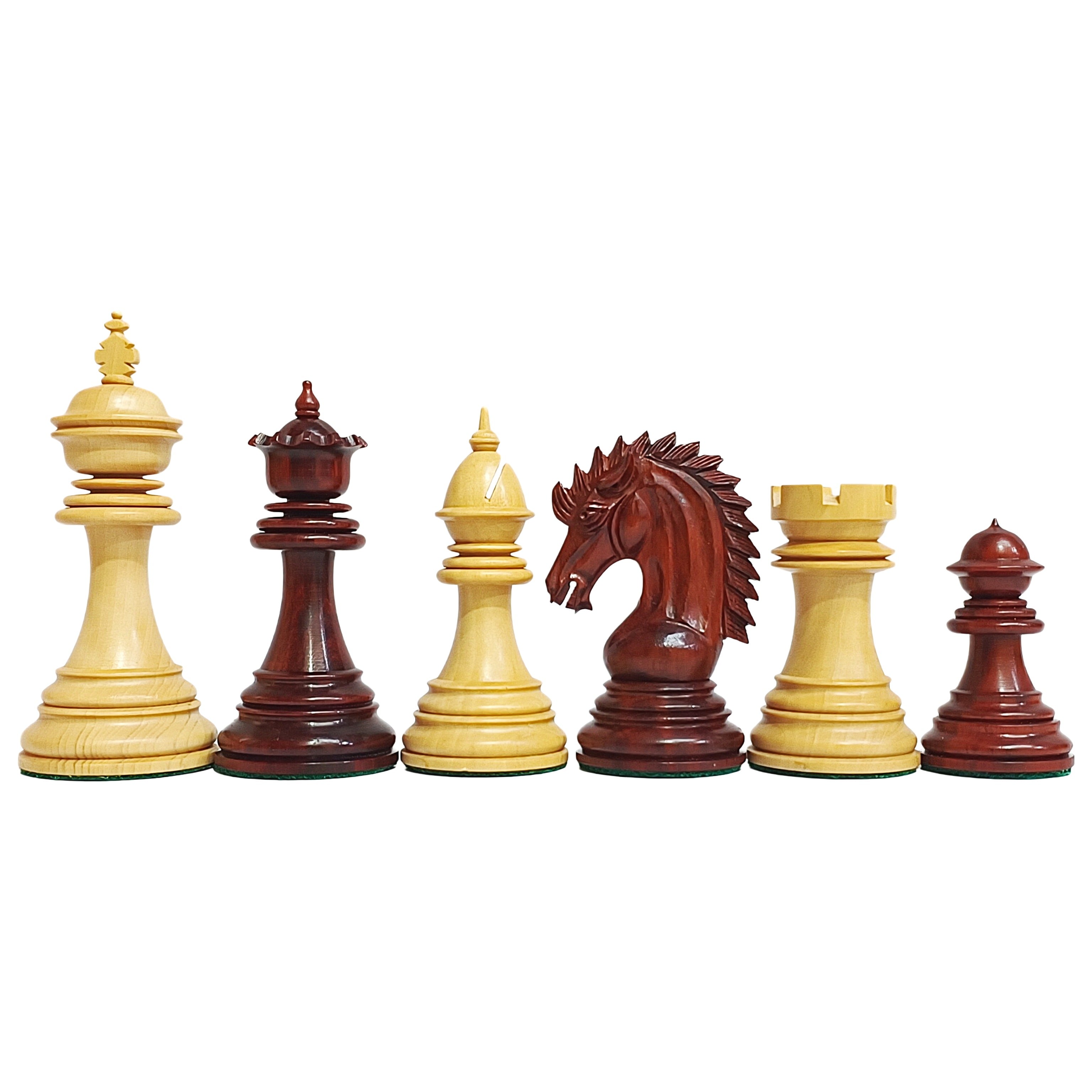
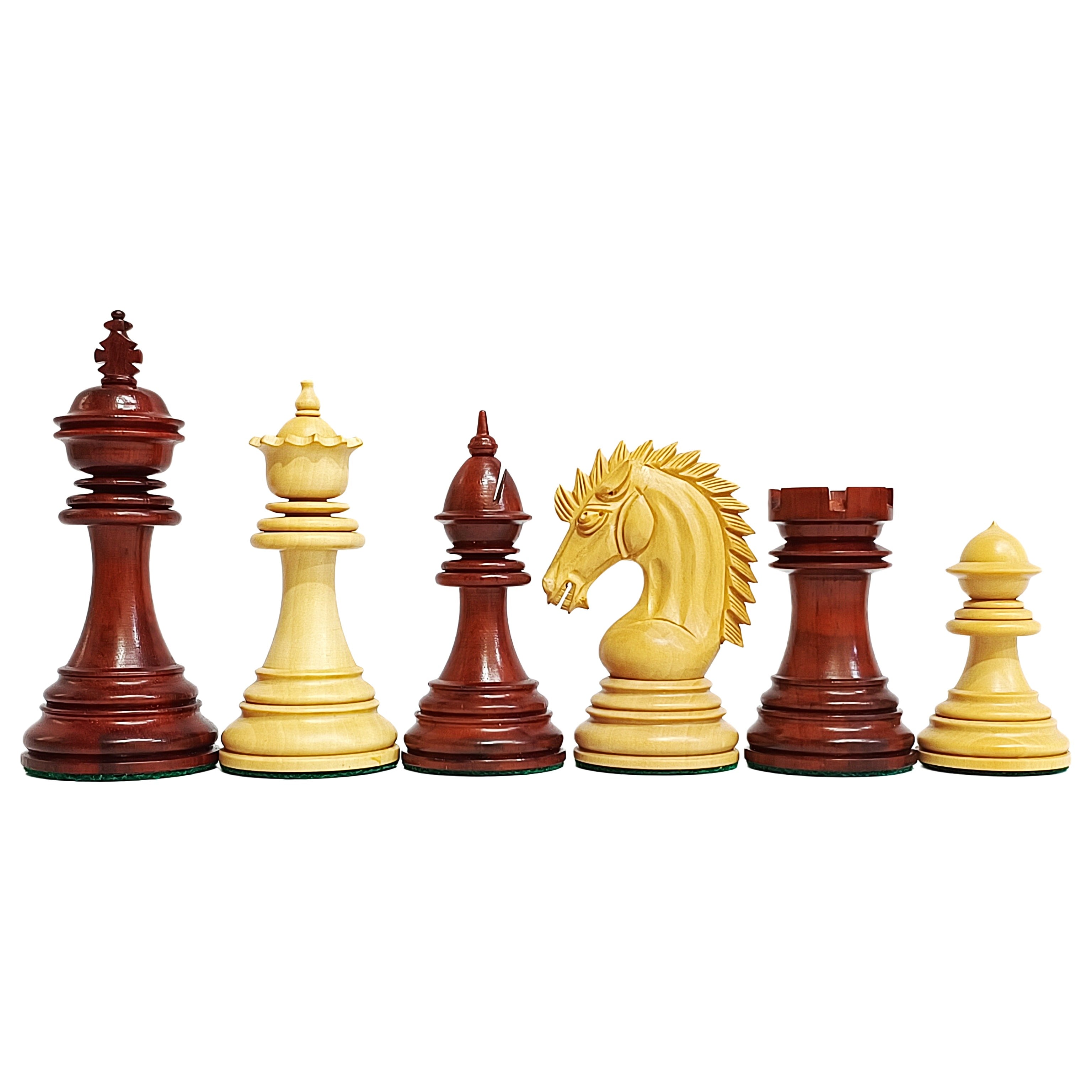
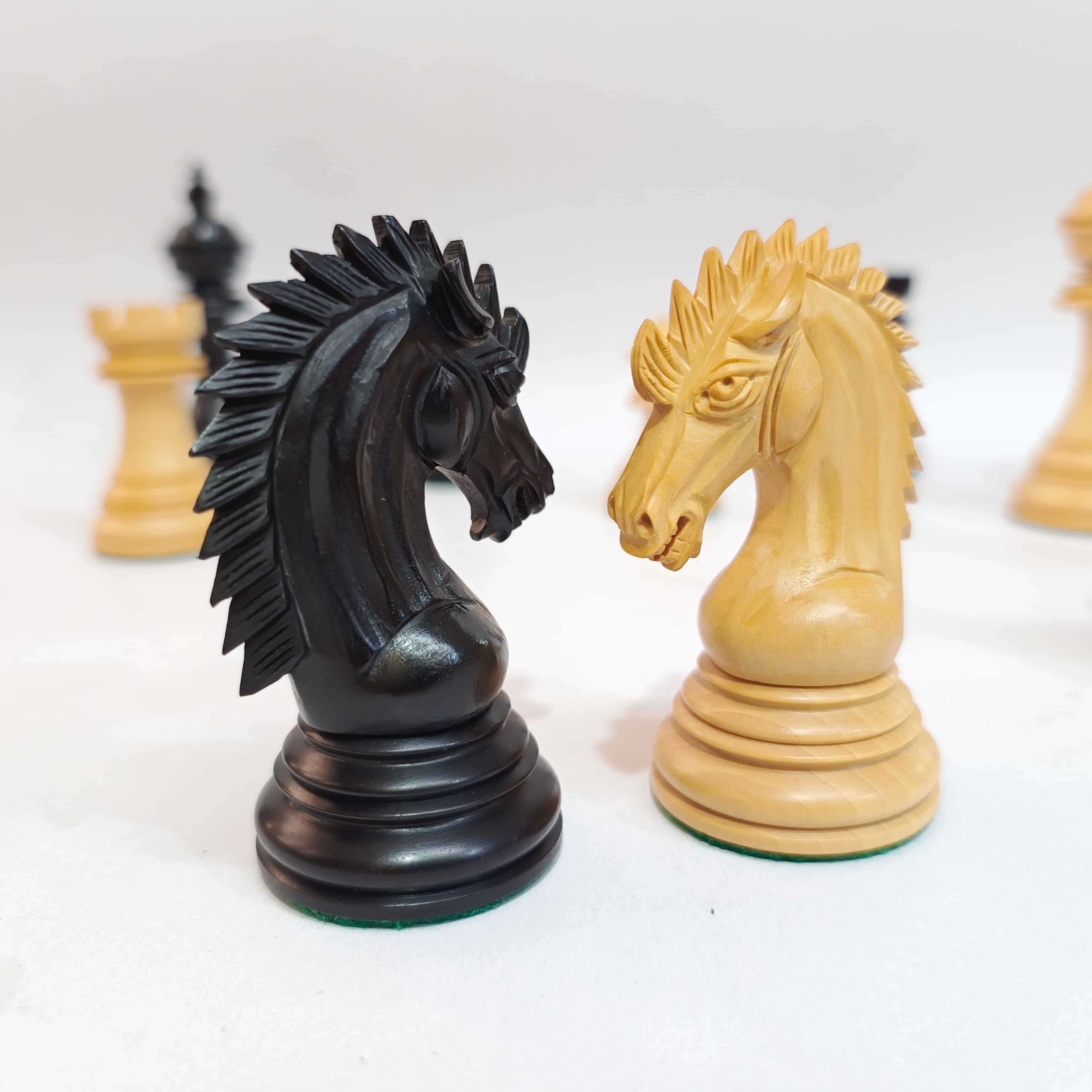
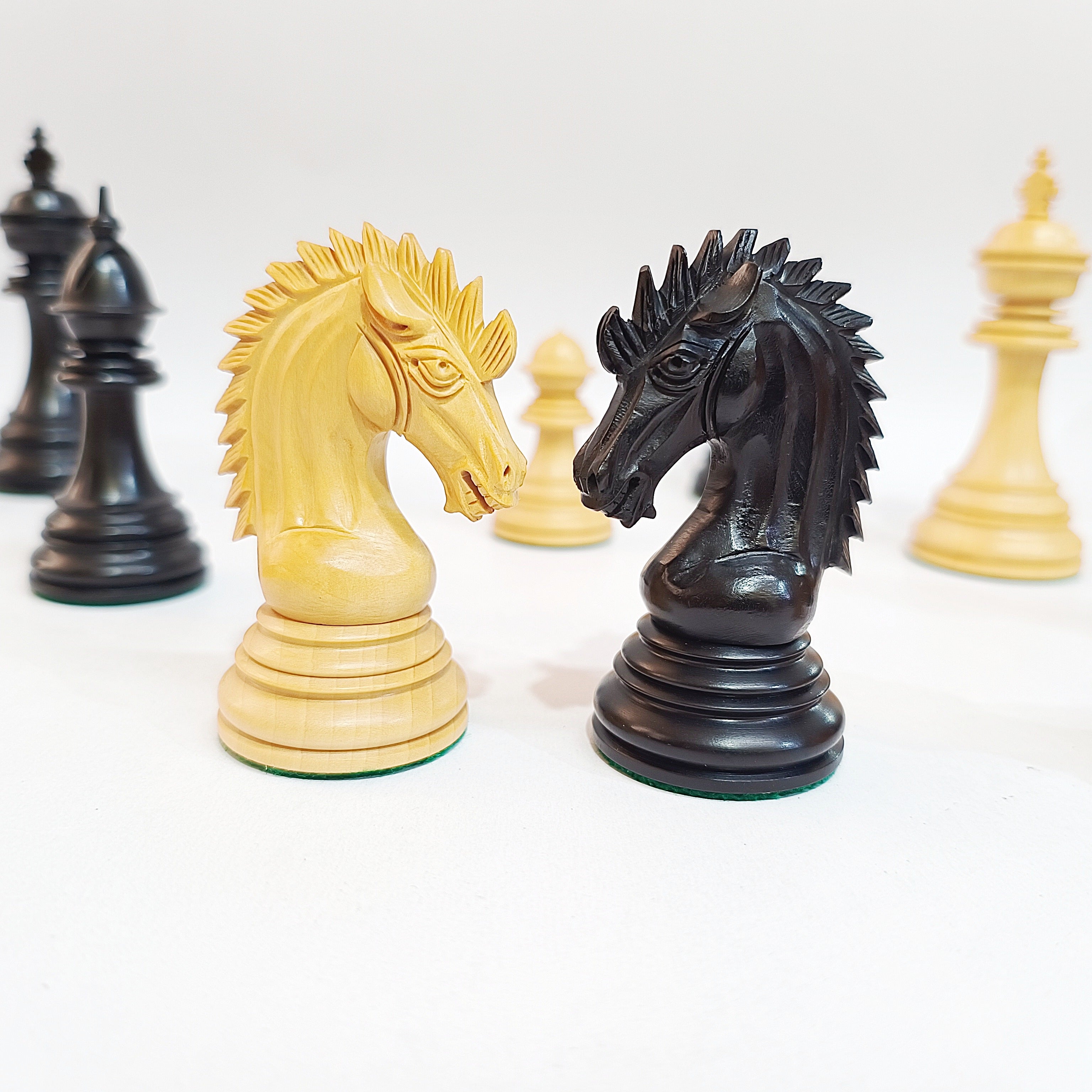
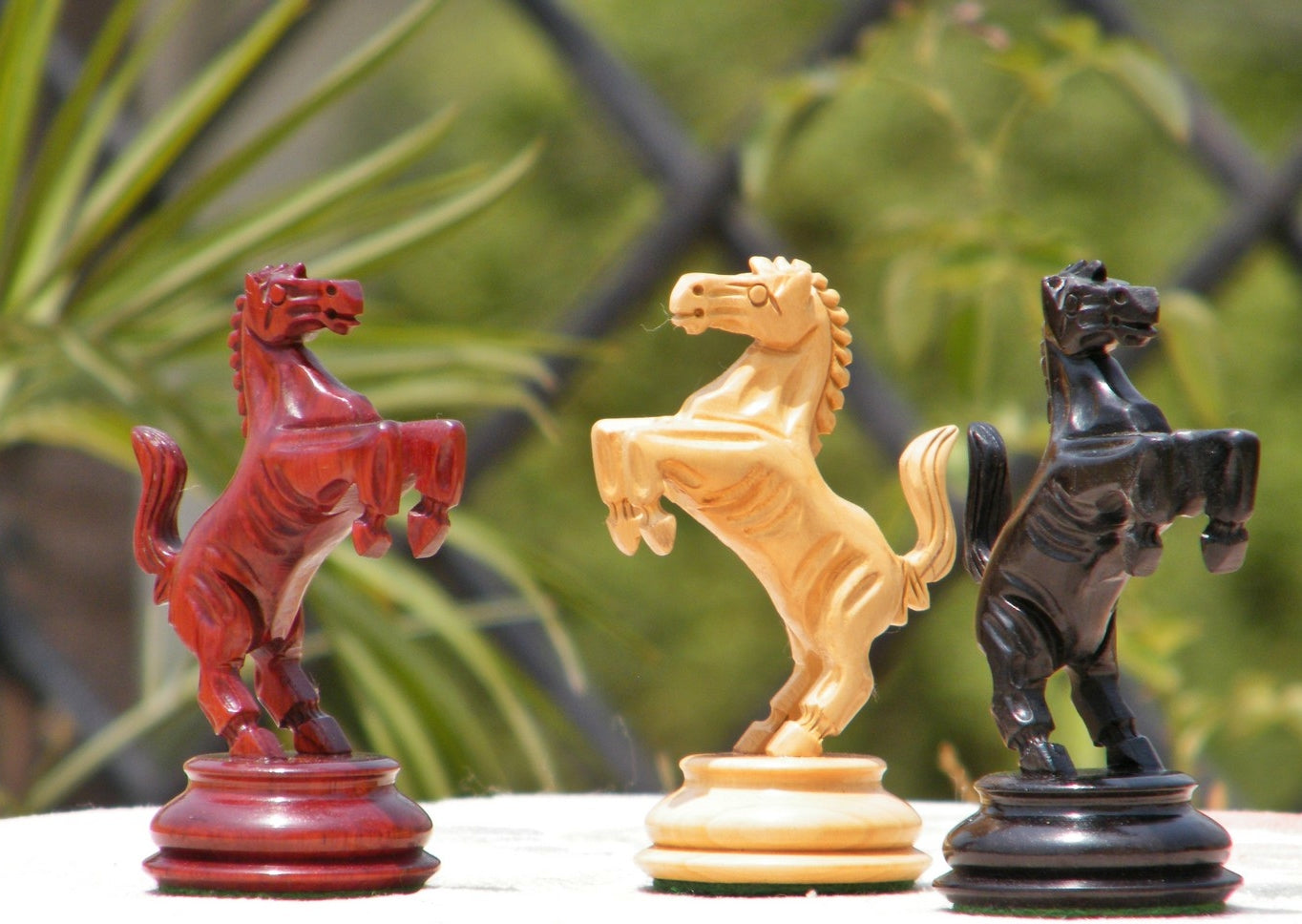
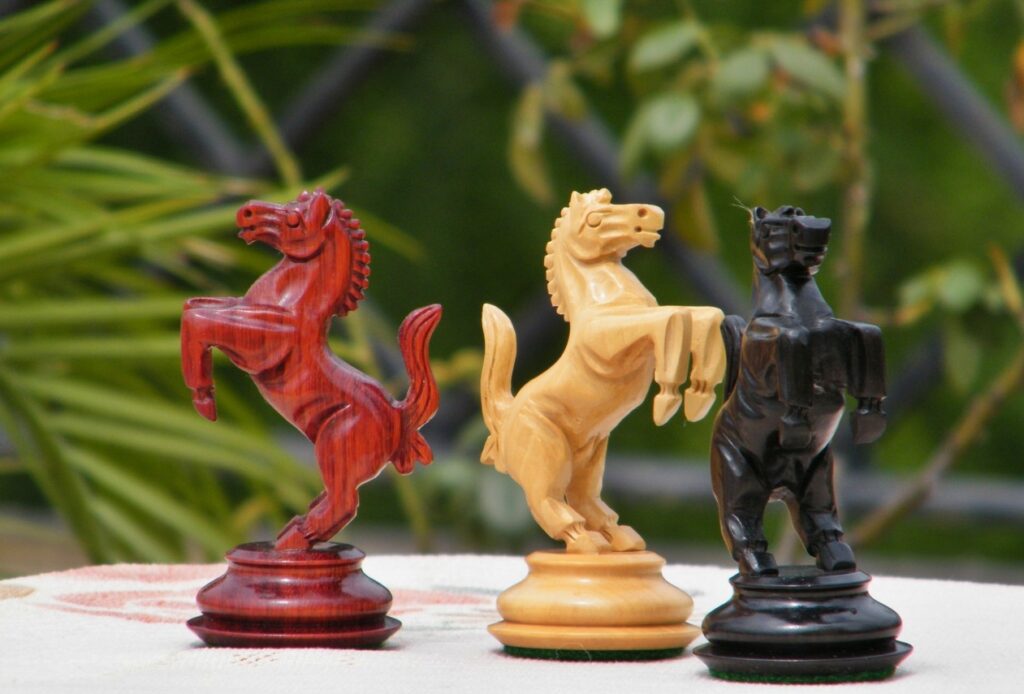
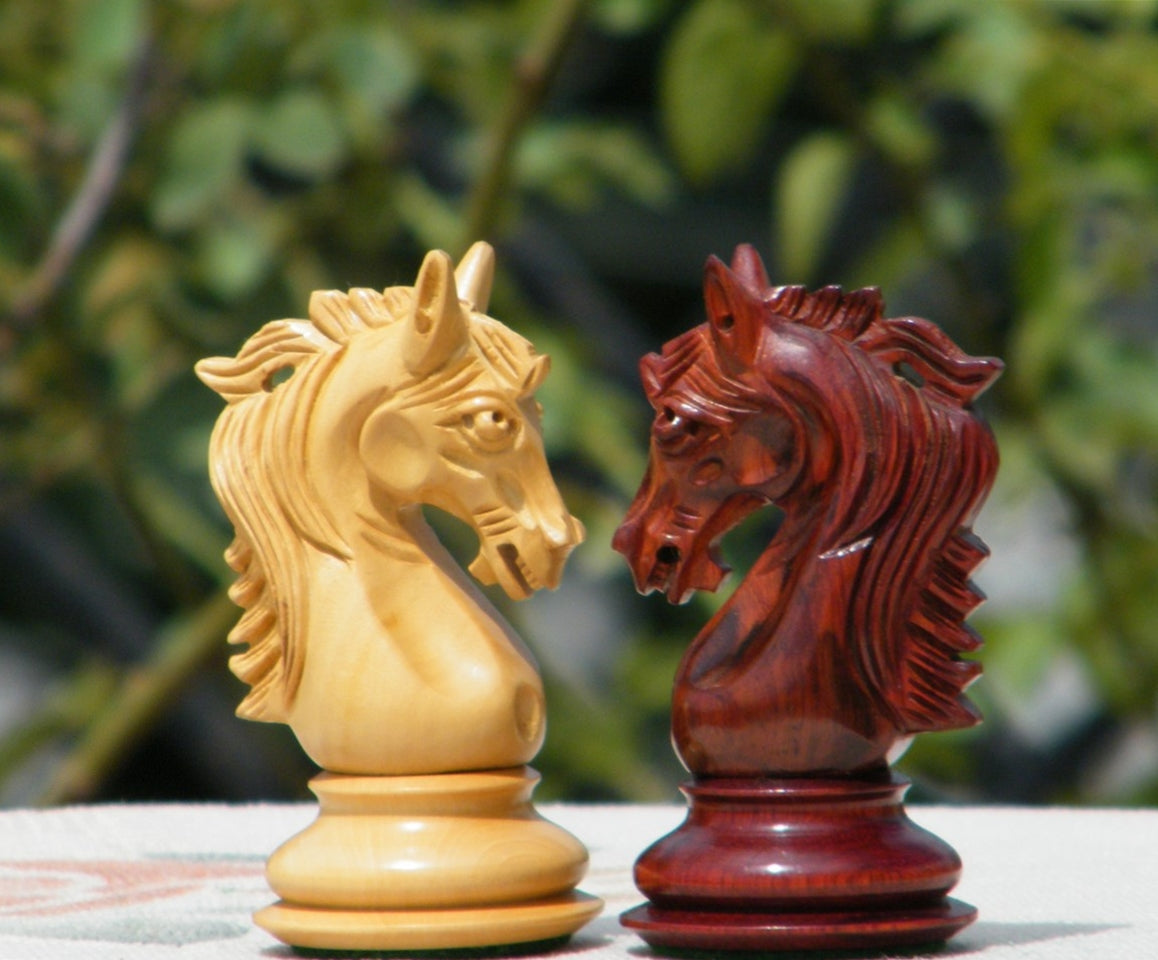
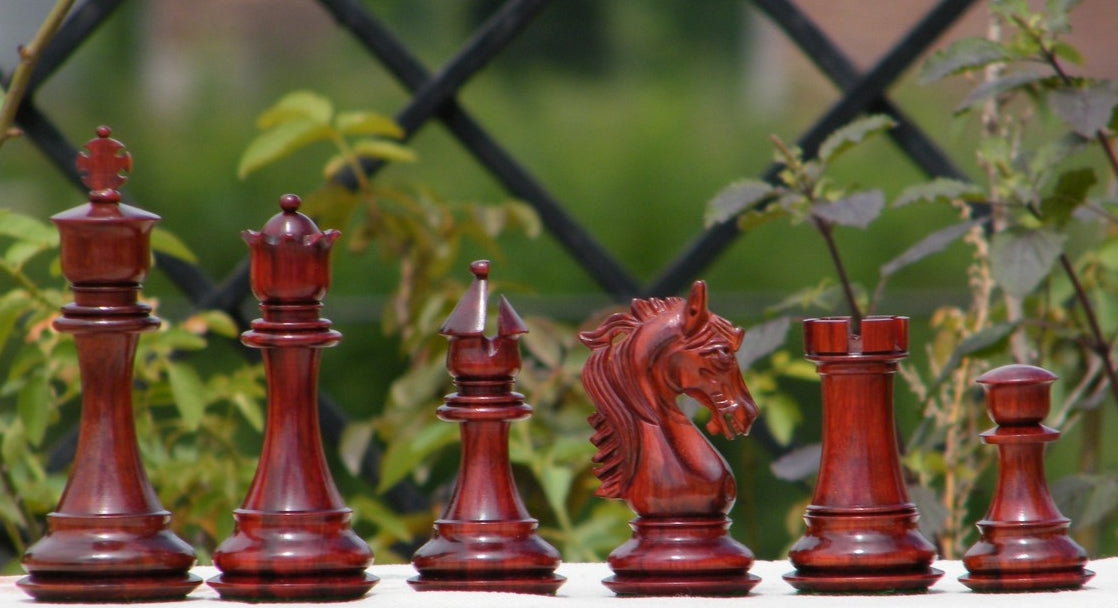
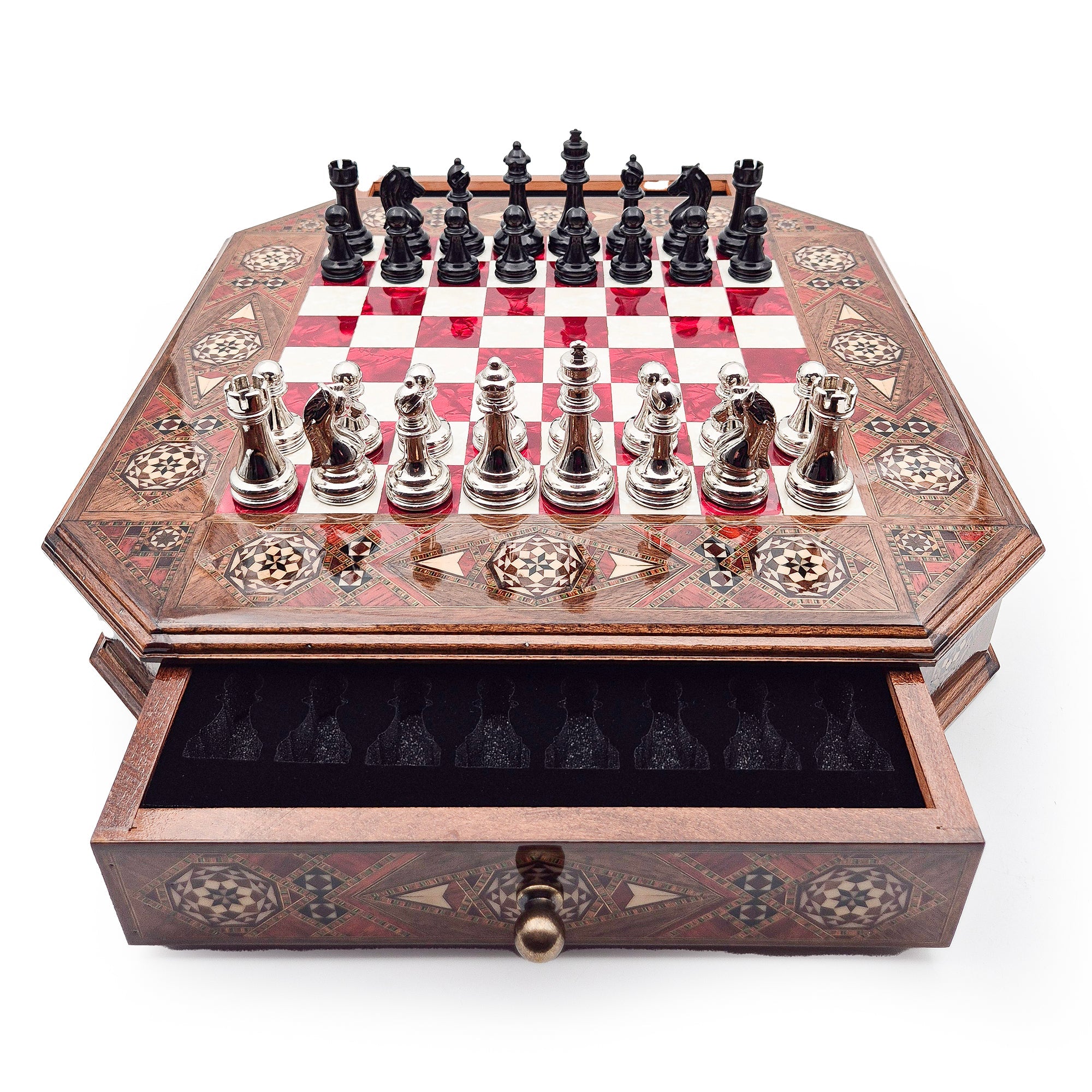
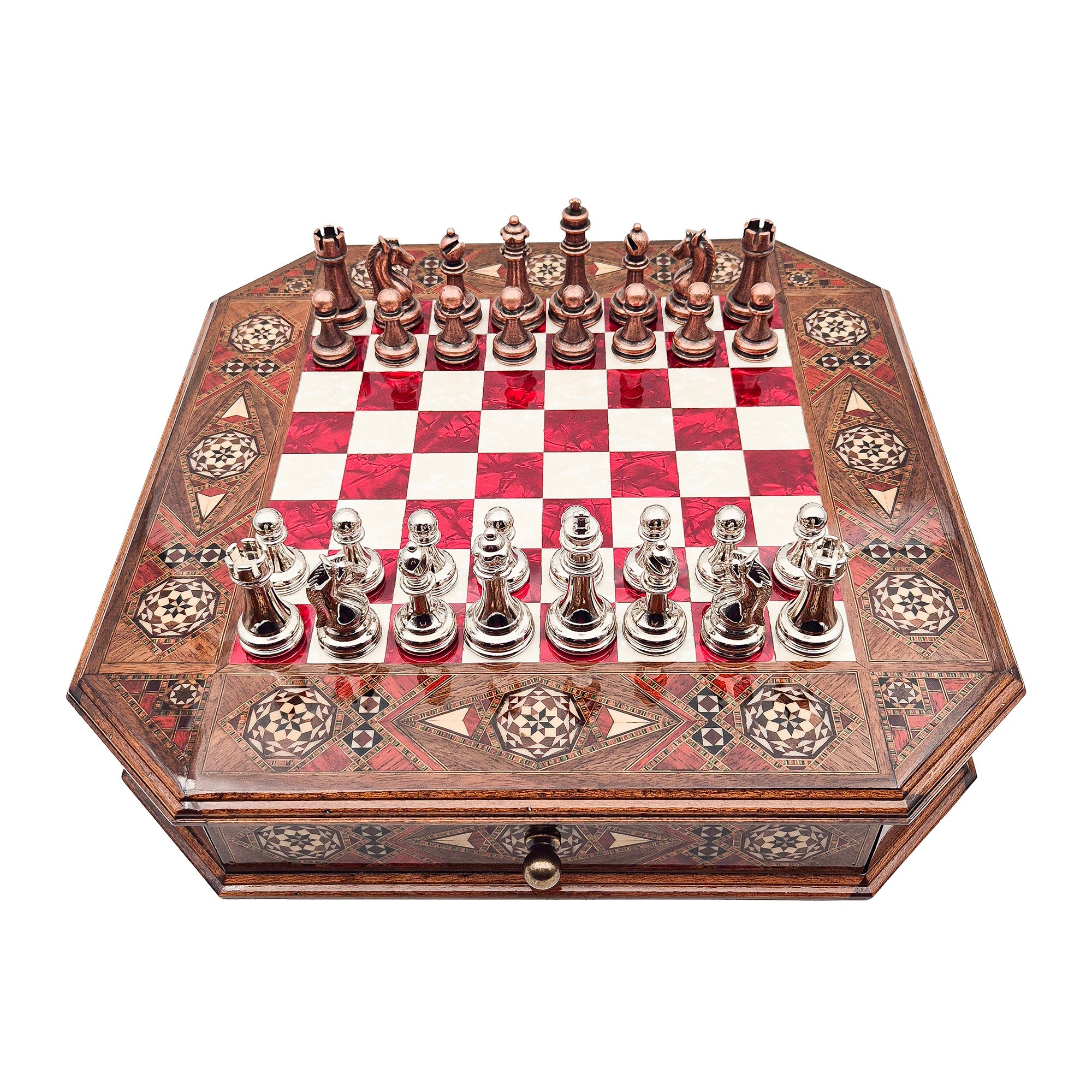
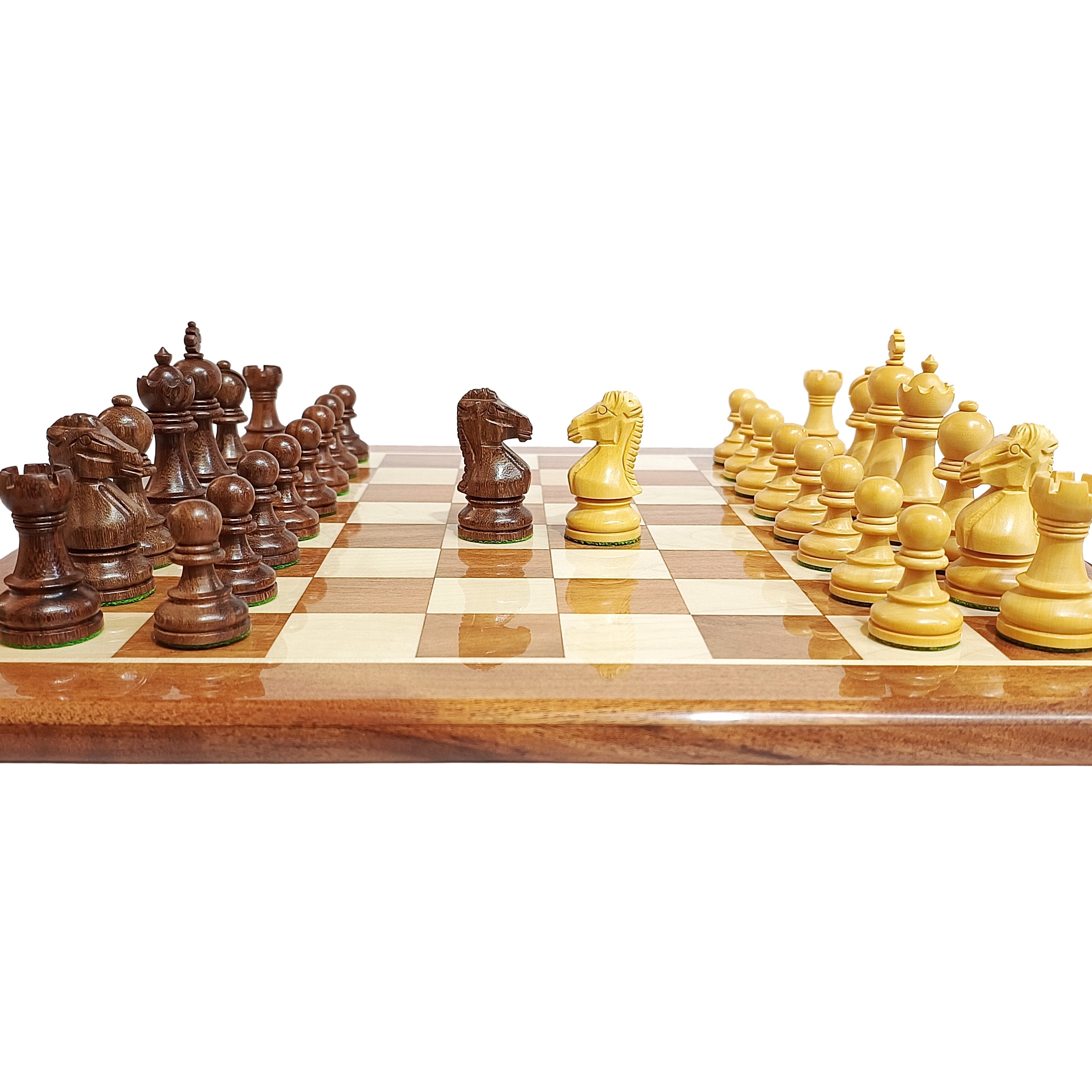
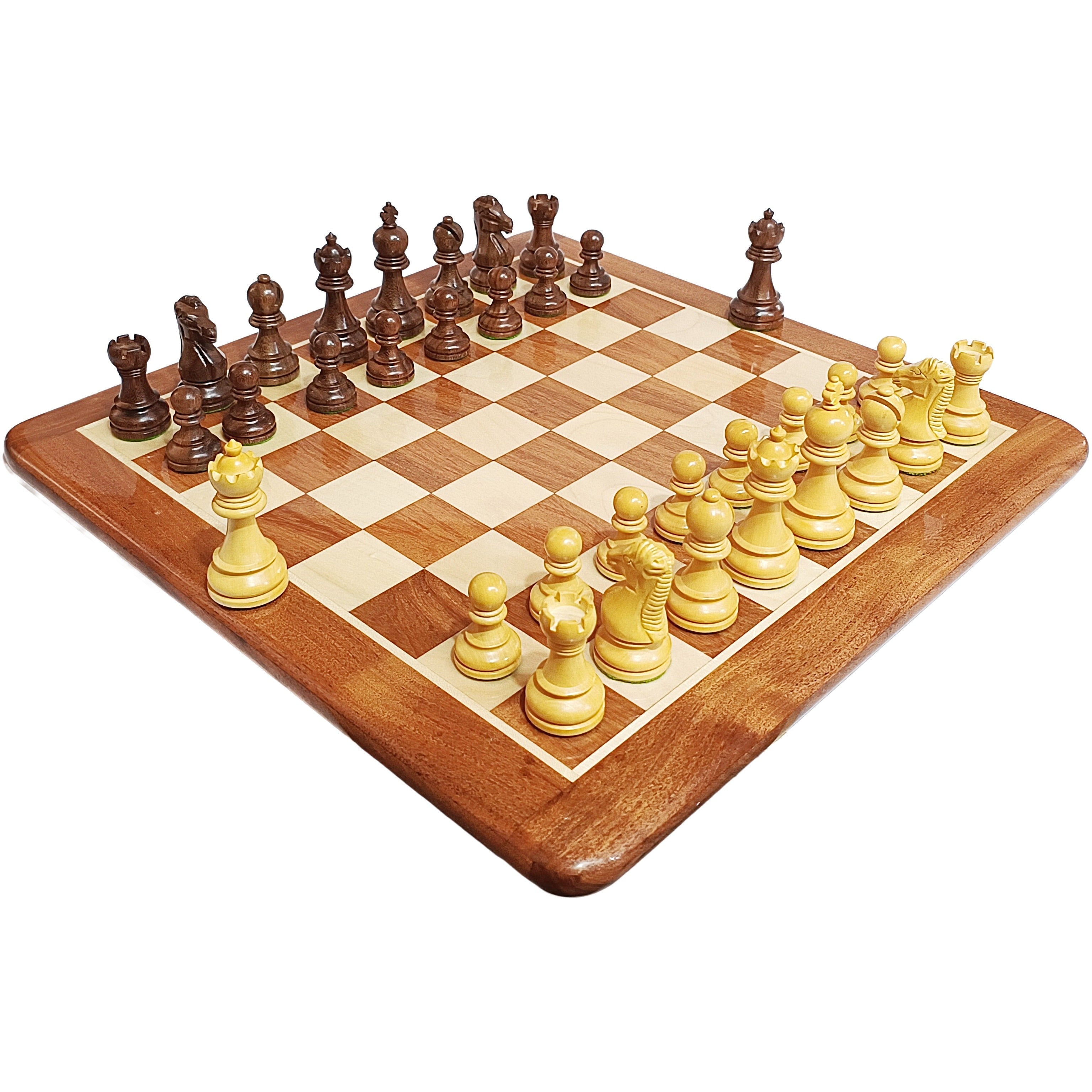
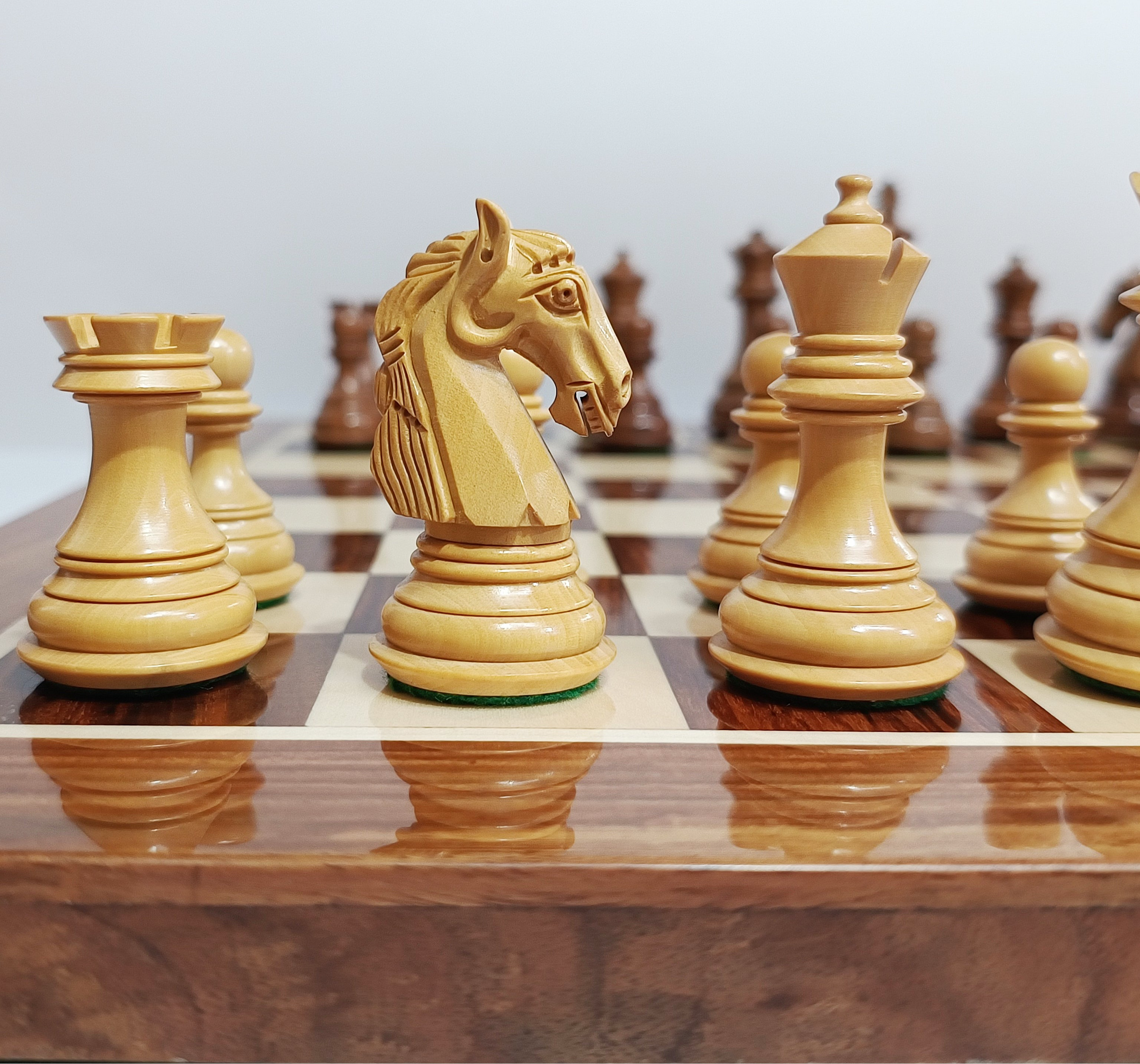
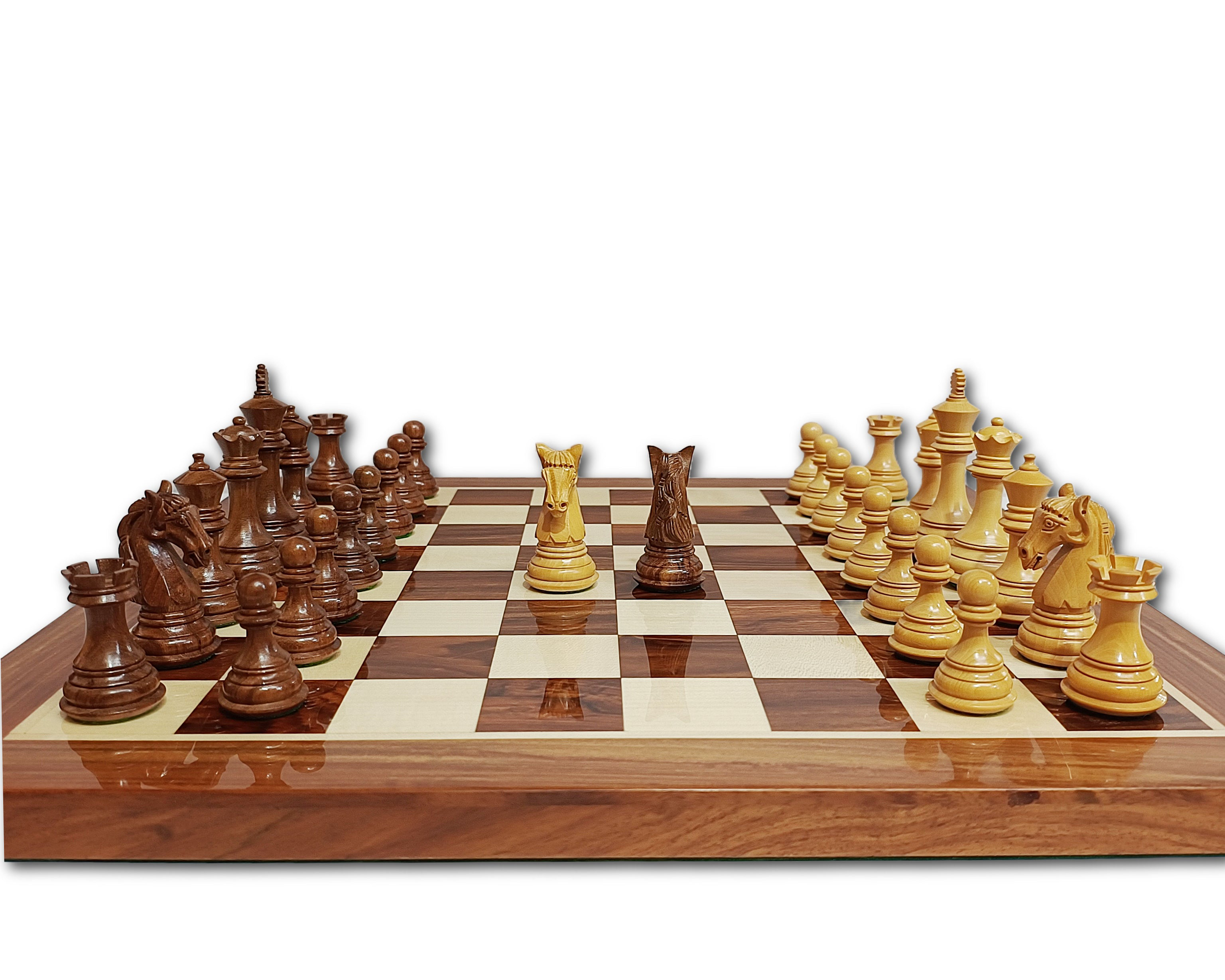
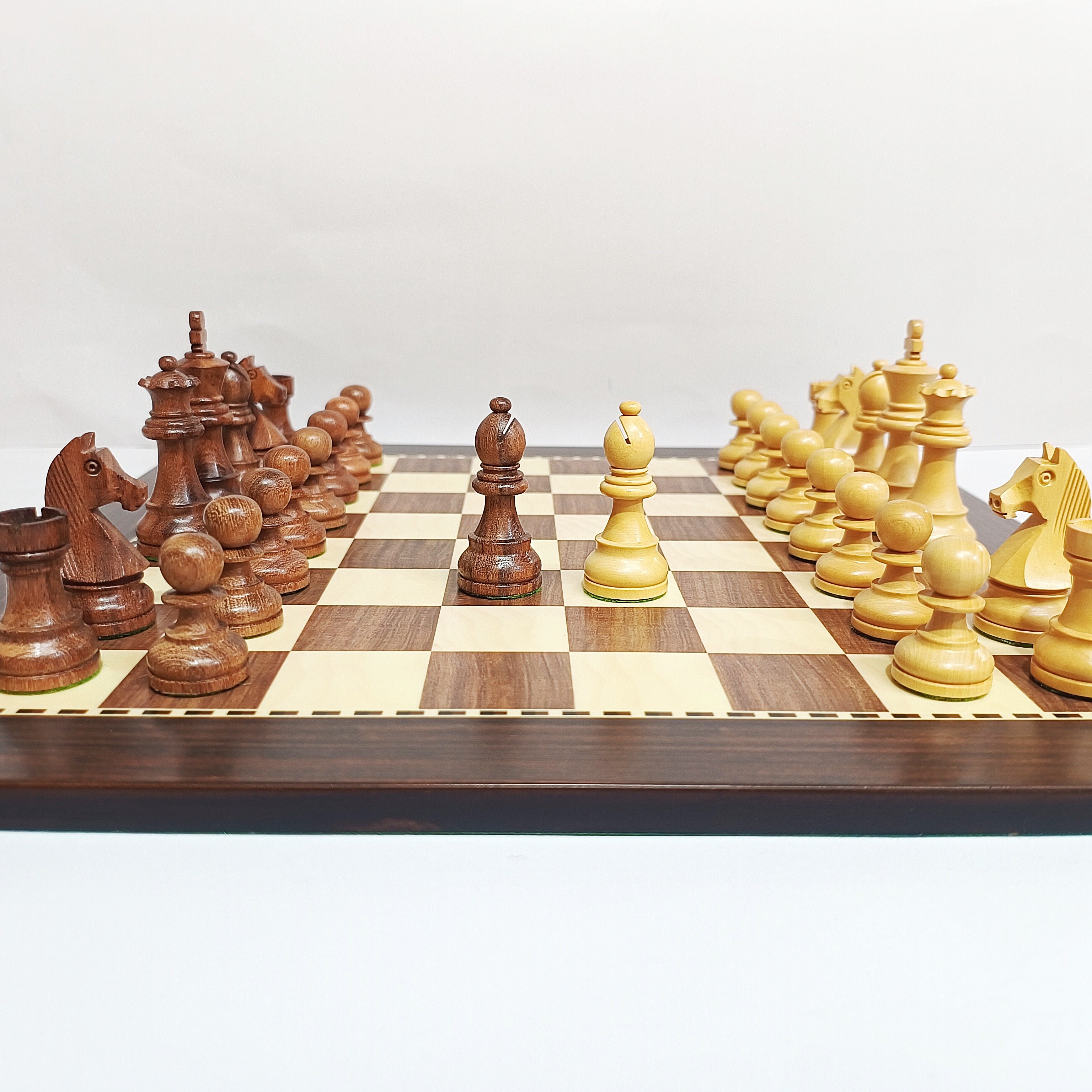
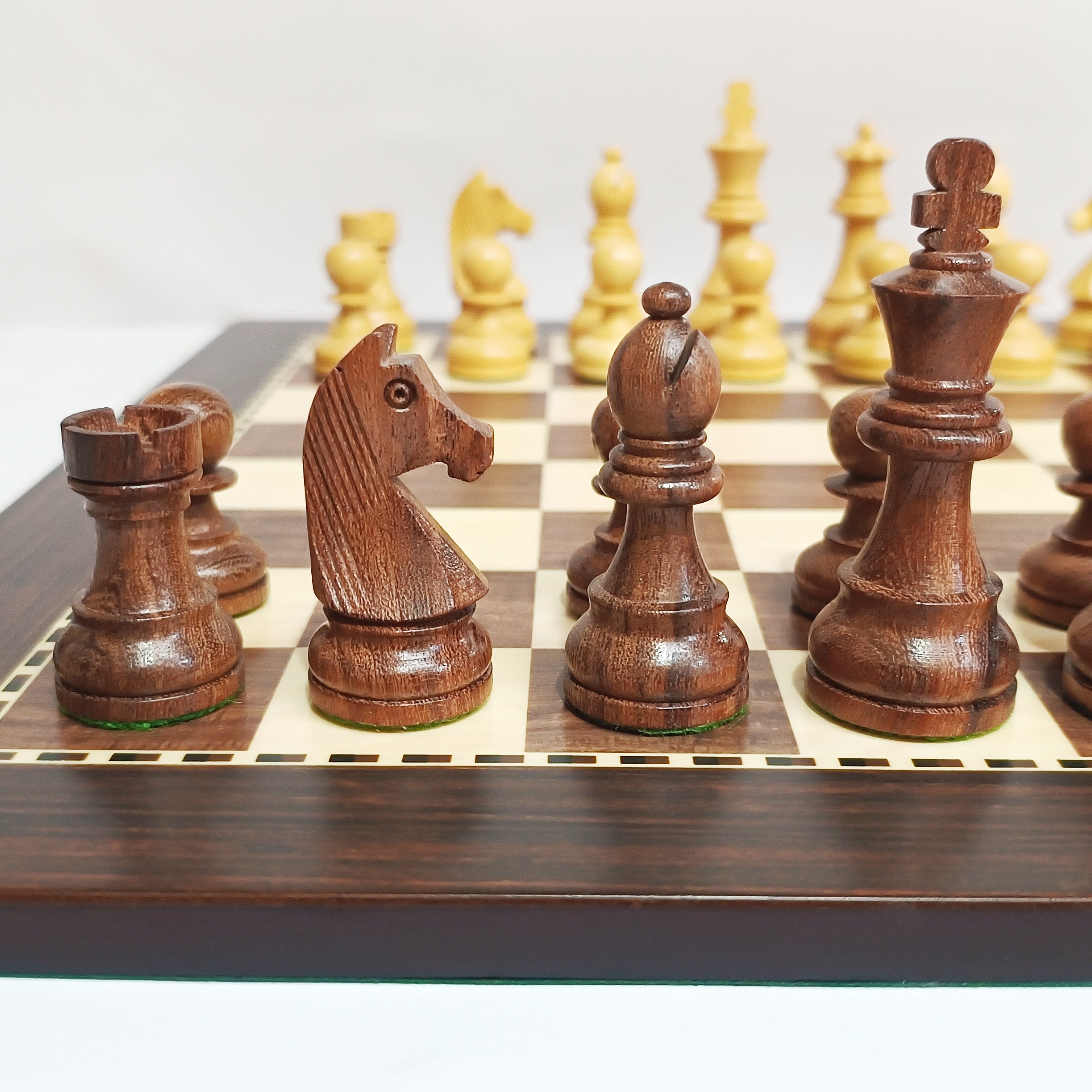
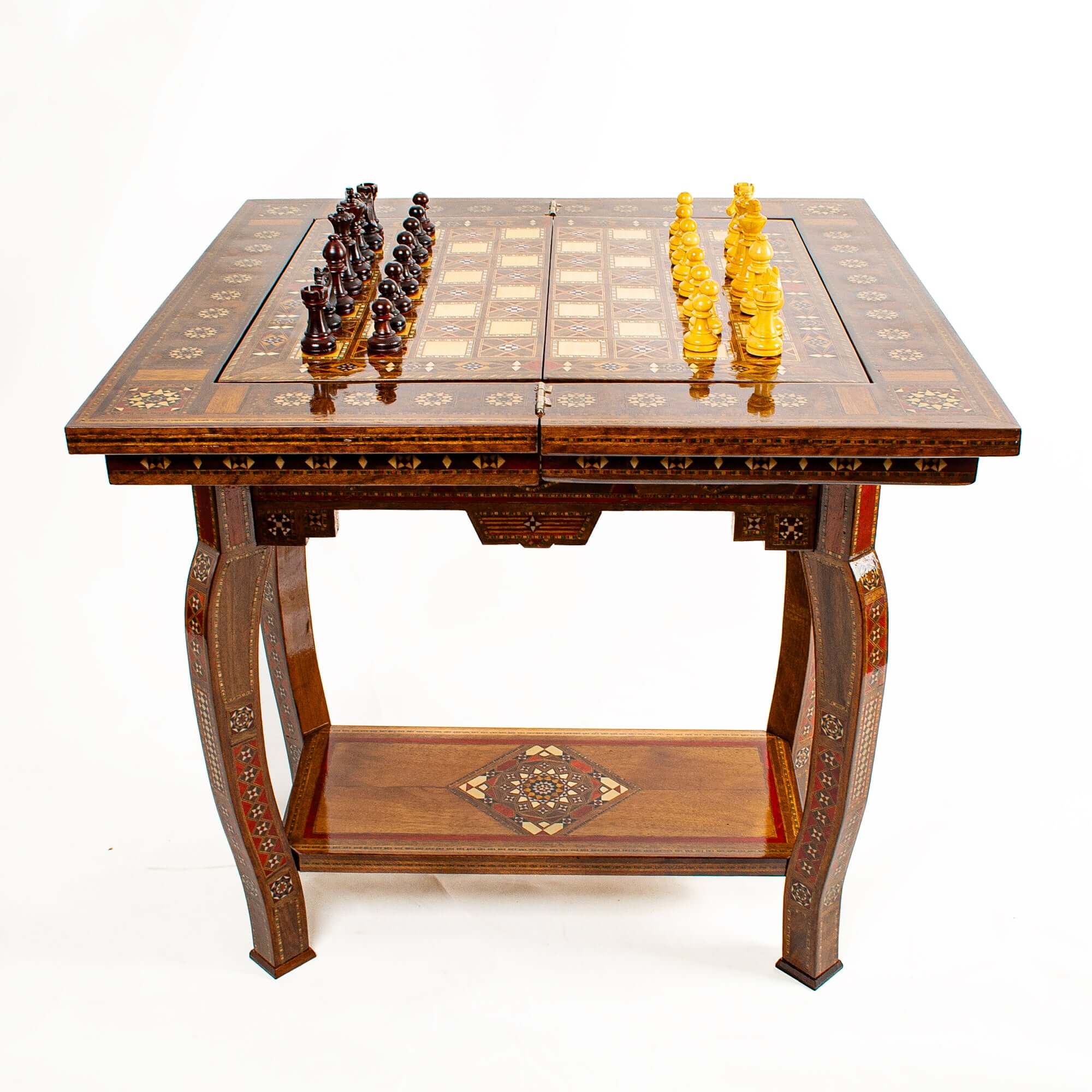

Leave a comment
All comments are moderated before being published.
This site is protected by hCaptcha and the hCaptcha Privacy Policy and Terms of Service apply.